
How To Make Packaging From Bamboo Pulp? Why is bamboo pulp better than plastic?
2024-05-30
Bamboo pulp is derived from the fibers of the bamboo plant. The process involves breaking down the bamboo fibers into a pulp, which can then be used to create a variety of products, including packaging, paper, and other materials. Bamboo is a fast-growing and ...
view
detail
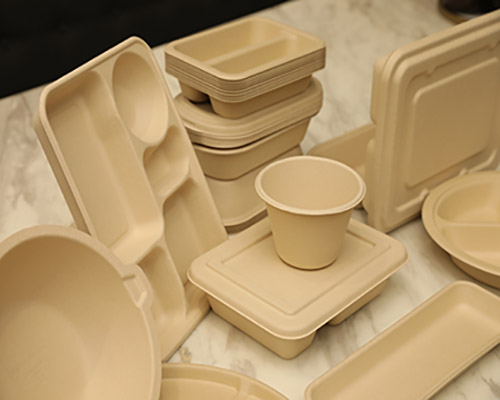
What Material Is Best For a Bento Box? Disposable Bamboo Pulp Tableware Advantage
2024-05-30
Bento boxes are typically made from a variety of materials, each with its own advantages and disadvantages. Here are some common materials used for bento boxes:
Plastic:
Plastic bento boxes are lightweight, durable, and often come in a variety of colors and...
view
detail
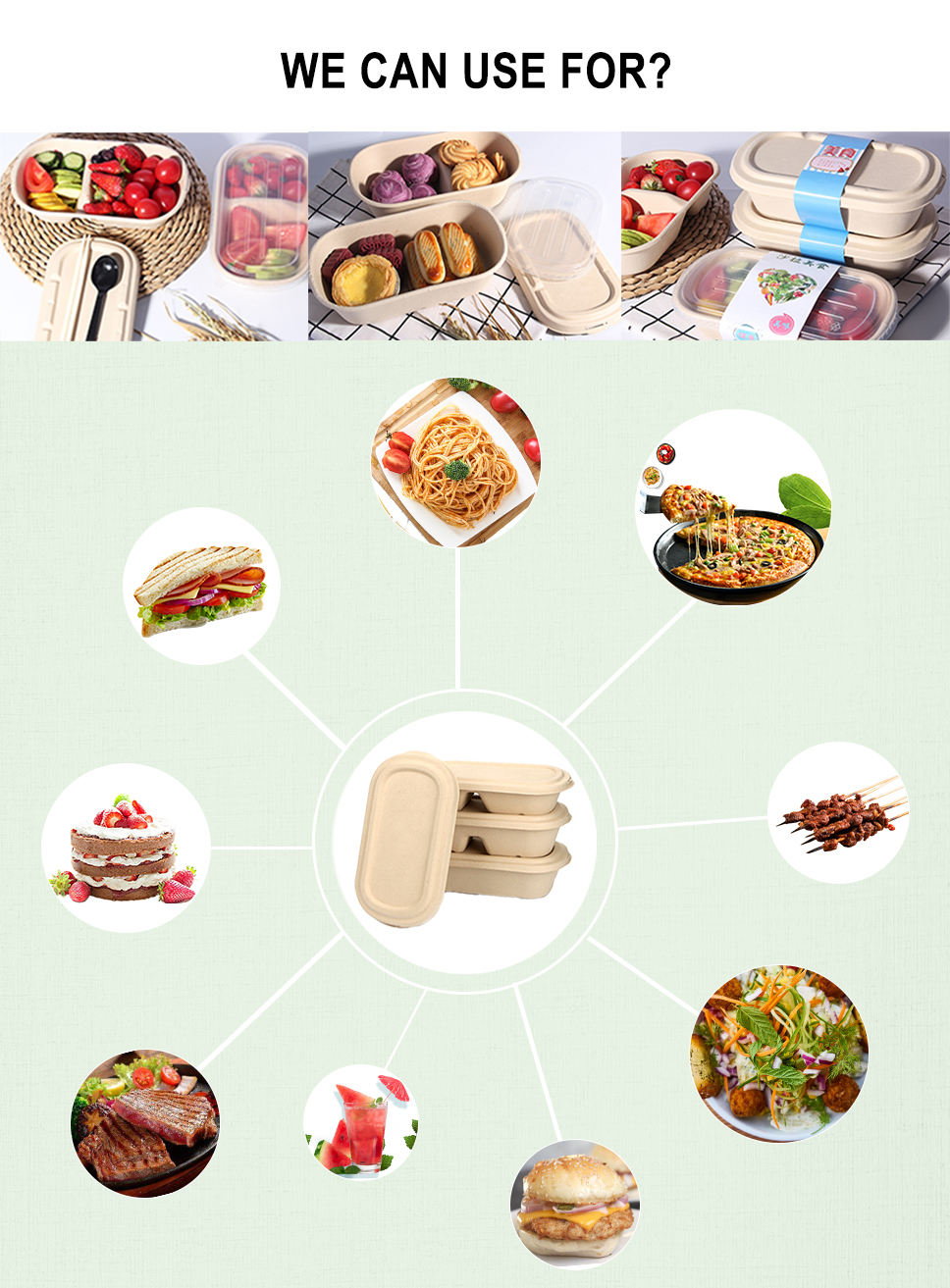
Bamboo is the fastest growing plant on earth!
2024-04-25
On average, a bamboo item easily decomposes in 2-5 months, to 3 years, while a plastic straw would last one use and take 200 years to decompose. Therefore, it is important to use eco-friendly disposables such as bamboo.Here are some fun facts about Bamboo!Did ...
view
detail

How to Make Your Business More Eco-Friendly
2024-04-24
Global warming shouldn’t be seen as an issue that only large corporations need to take responsibility for. We can all do our bit to help reduce our impact on the environment, even if we are a small business. By making a conscious effort to make your business...
view
detail

The Antibacterial Benefits of Bamboo Pulp: Why Choose Bamboo Fiber Tableware
2024-04-08
In recent years, there has been a growing interest in sustainable and eco-friendly alternatives to traditional materials. One such material that has gained popularity is bamboo pulp, particularly in the production of tableware. Not only is bamboo pulp a sustai...
view
detail
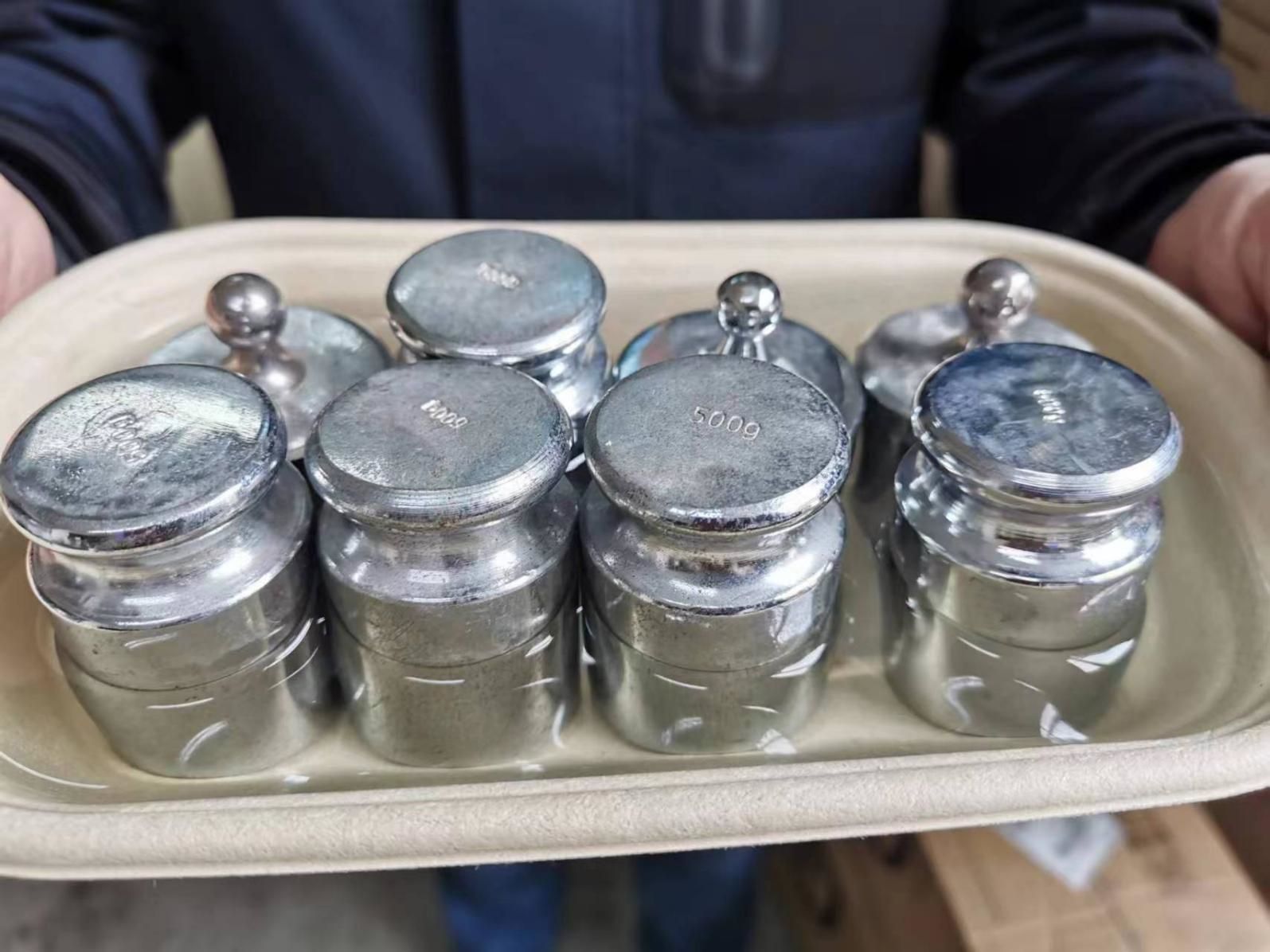
Why Choose Eatware Bamboo Pulp Products?
2024-04-08
Sturdy and DurableDespite being lightweight, EATware products are surprisingly sturdy and can hold hefty portions of food without bending or breaking.Water and Oil ResistantThey have a natural resistance to water and oil, which helps in keeping the shape and s...
view
detail
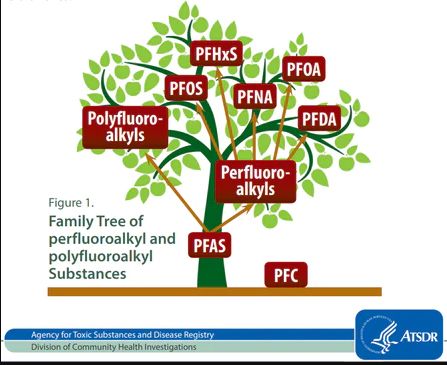
PFAS: What They Are & How To Avoid Them
2024-04-02
These “Forever Chemicals” have existed for what seems like forever, but they’ve just recently begun making headlines. Here’s what you need to know about these troubling compounds.In the world we live in today, the alphabet soup of acronyms for both goo...
view
detail
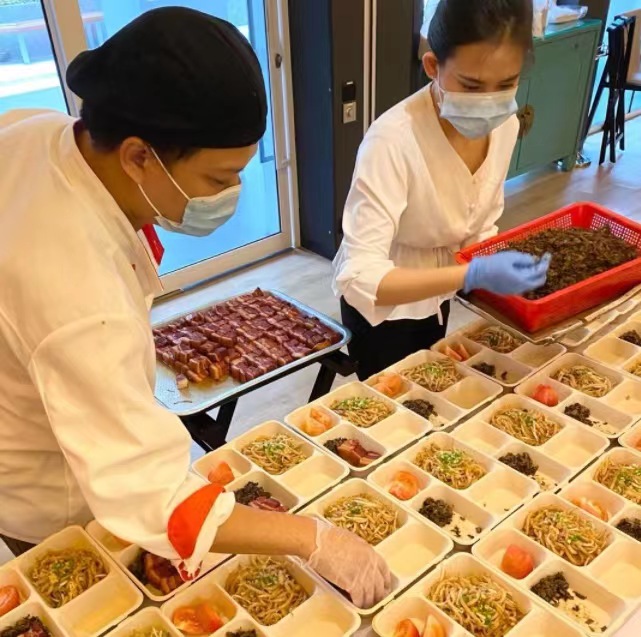
The Growing Demand for Eco-Friendly Tableware and Packaging in the Food Industry
2024-03-27
The food industry is a massive consumer of disposable products, including packaging and tableware. However, the industry is now recognizing the need to move towards eco-friendly options to reduce waste, decrease the carbon footprint, and make a positive impact...
view
detail

Sailing towards Sustainability: The Rise of Eco-Friendly Tableware on Cruise Ships
2024-03-18
Cruise liners have always been synonymous with luxury and indulgence. From exotic destinations to luxurious accommodations, cruise ships offer an escape from the mundane routines of everyday life. However, with the increasing awareness of the impact of climate...
view
detail

Cook, Serve, Compost: Building a Closed-Loop System with Biodegradable Tableware
2024-03-08
Cook, Serve, Compost: Building a Closed-Loop System with Biodegradable TablewareDealing with the challenges of plastic waste and environmental degradation, the concept of a circular economy has gained significant traction. At the heart of this paradigm shift l...
view
detail

 Box With T buckle
Box With T buckle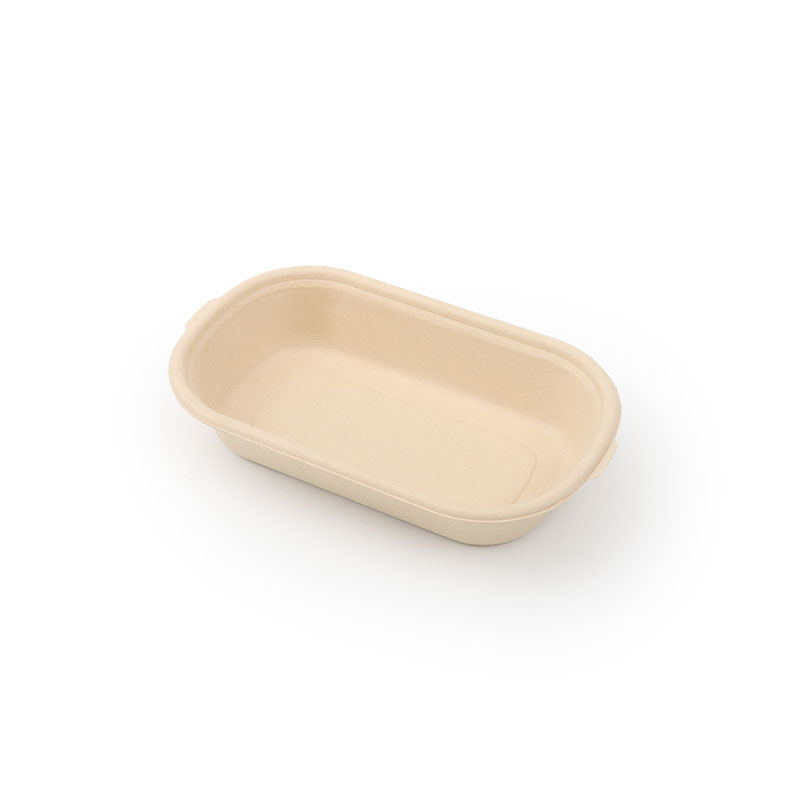 C31-0056-A
C31-0056-A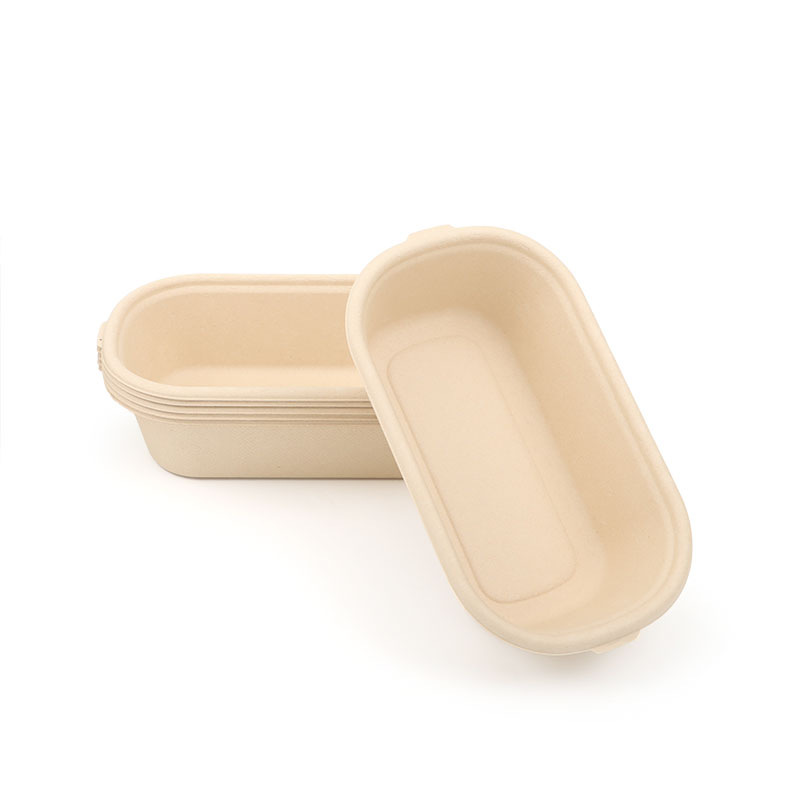 C31-0057-A
C31-0057-A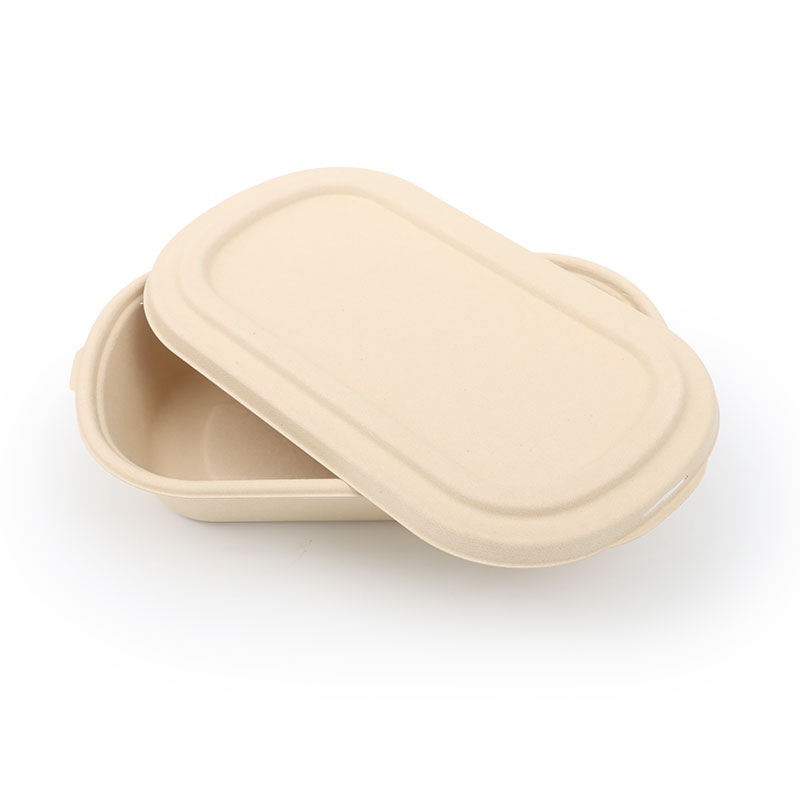 C31-0060-A
C31-0060-A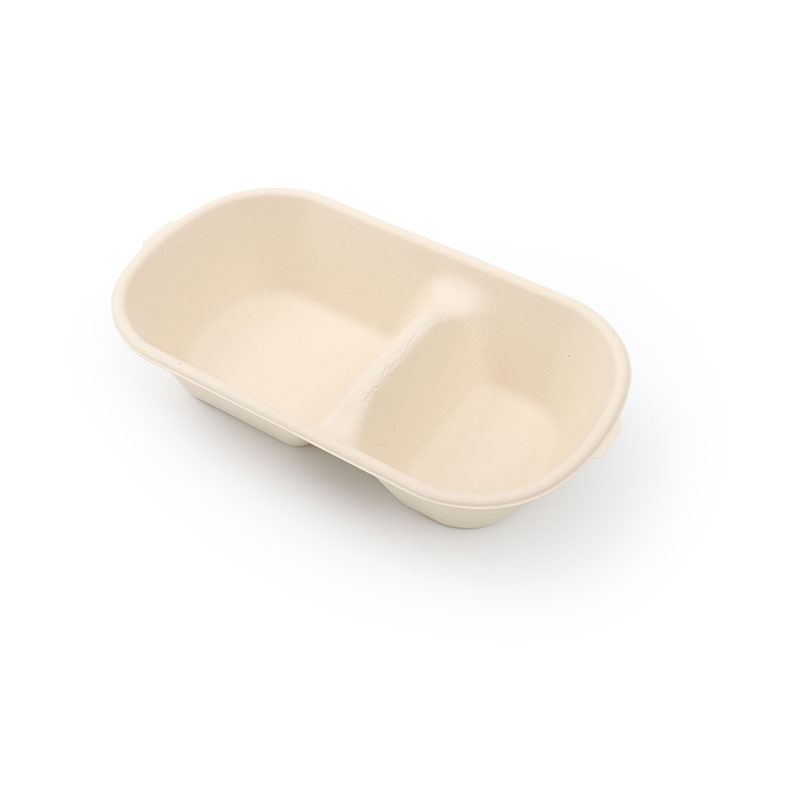 C31-0080-A
C31-0080-A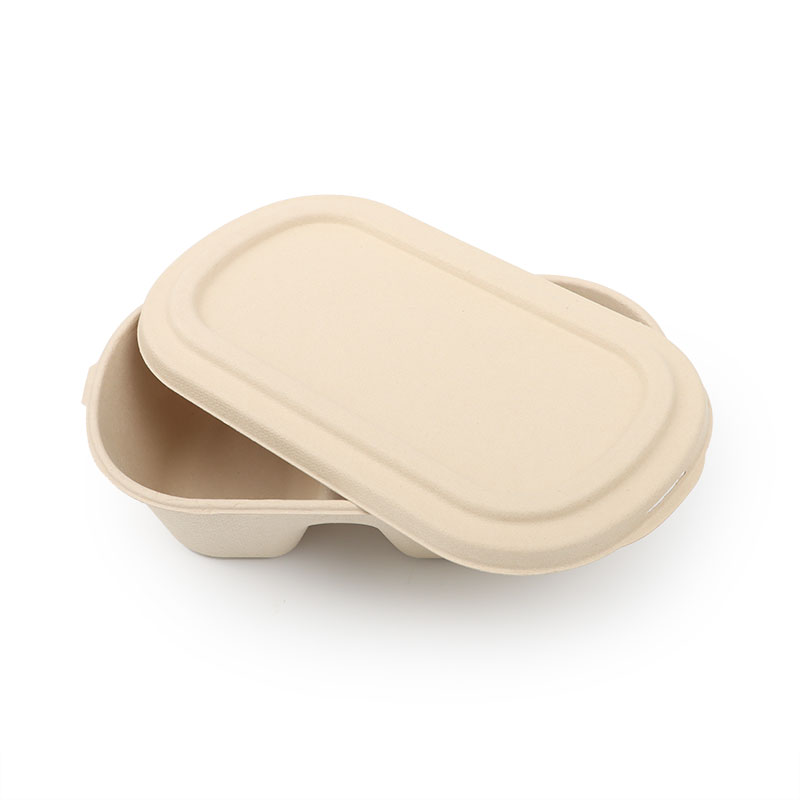 C31-0090-A
C31-0090-A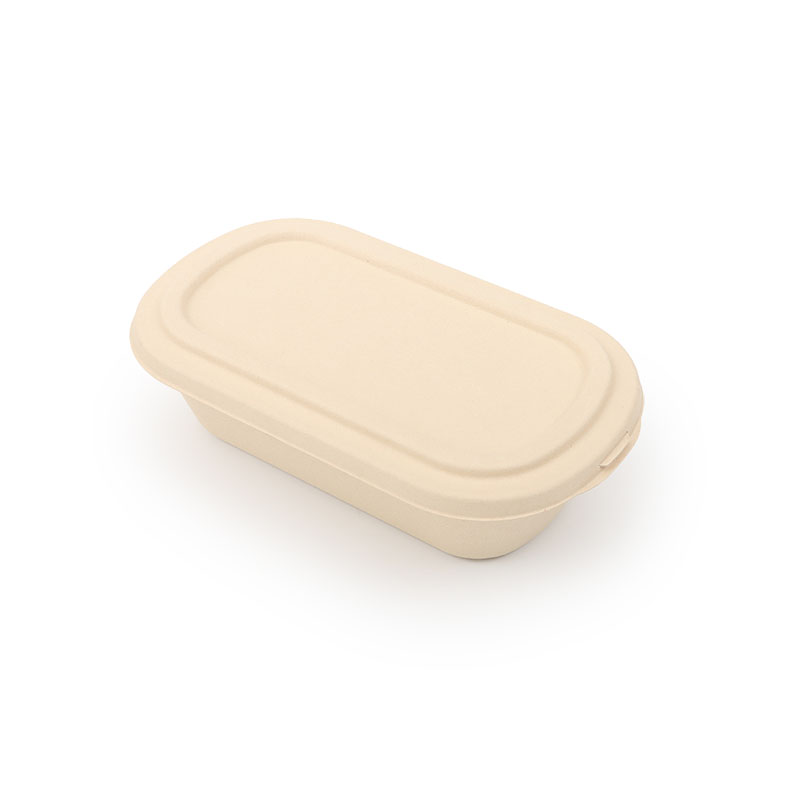 C31-0091-A
C31-0091-A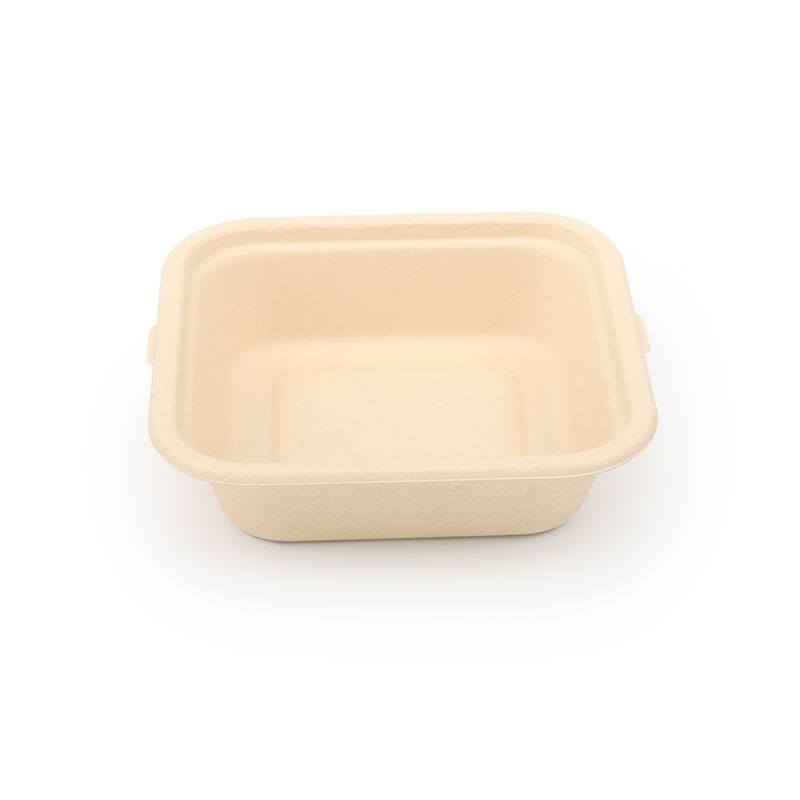 C31-0930-A
C31-0930-A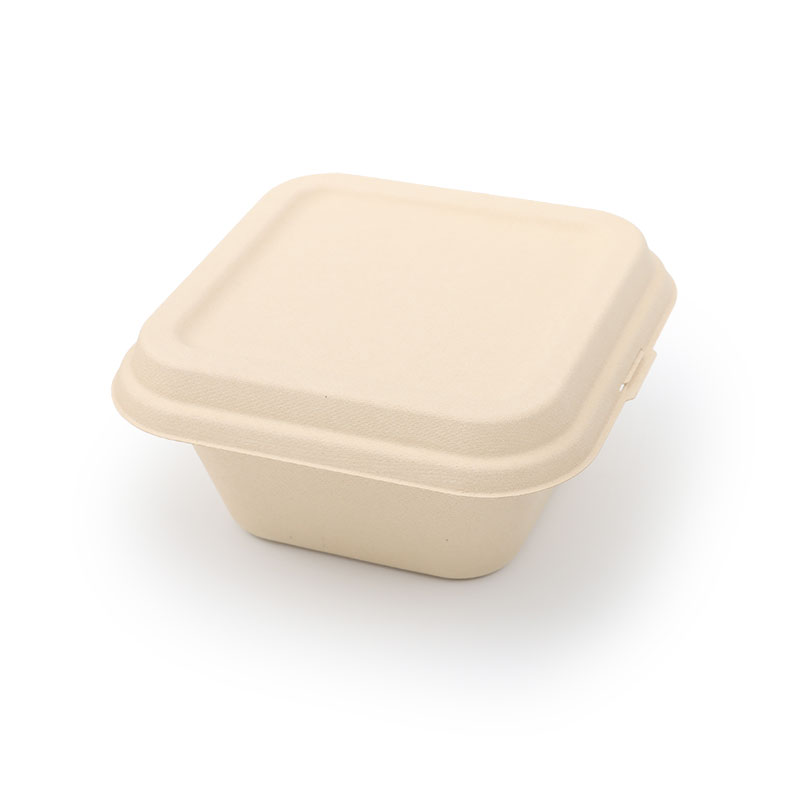 C31-0940-A
C31-0940-A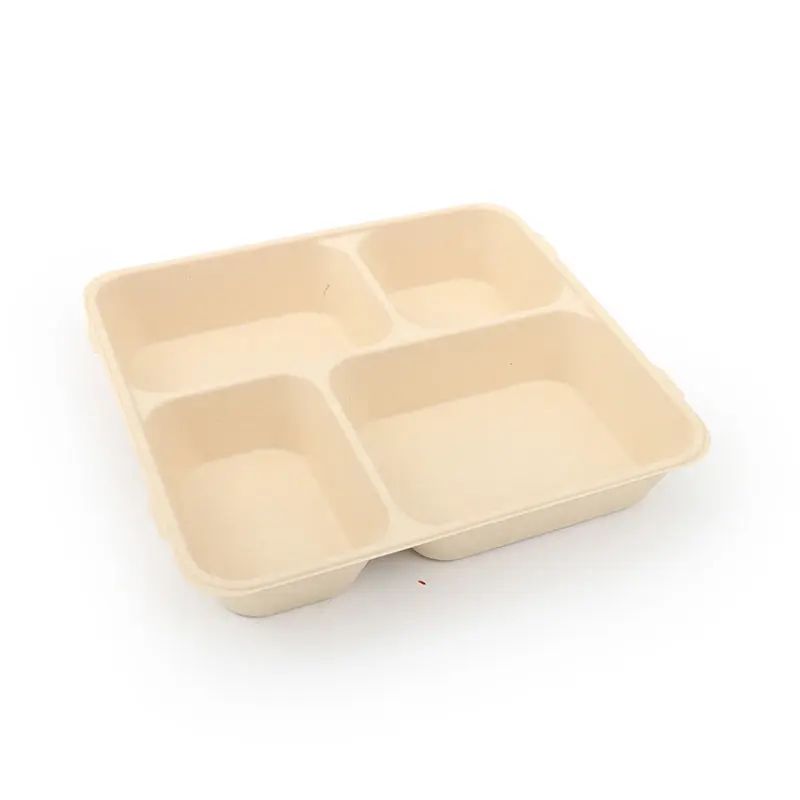 C71-3970-A
C71-3970-A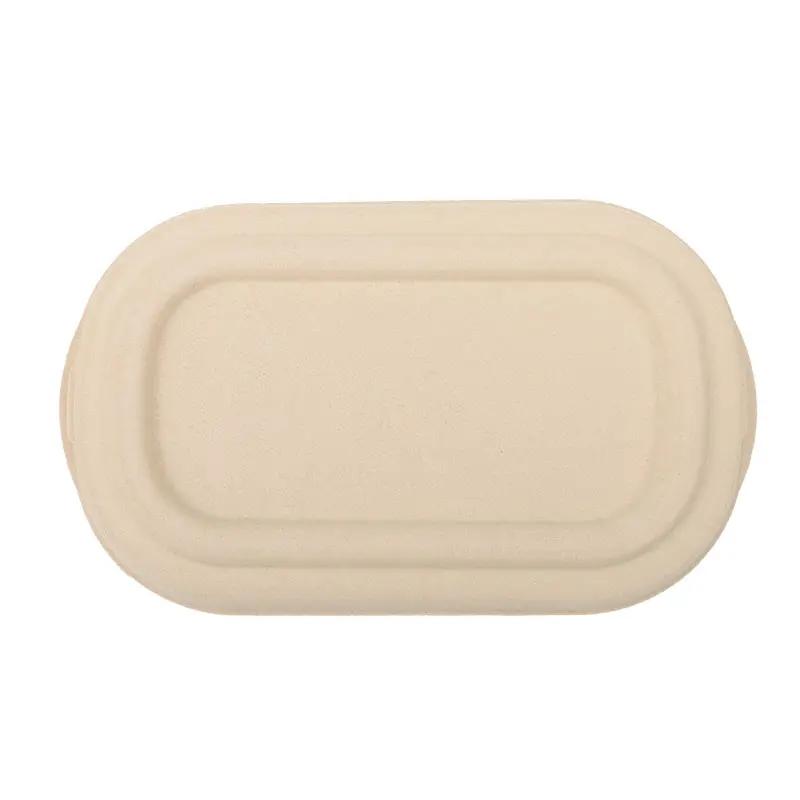 C31-0057-B
C31-0057-B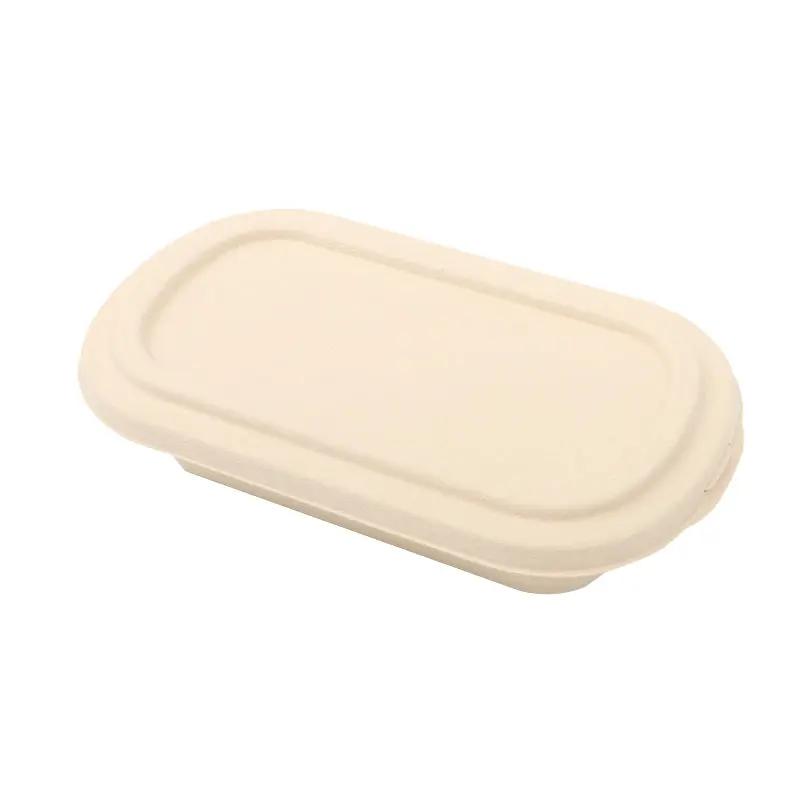 C31-0060-B
C31-0060-B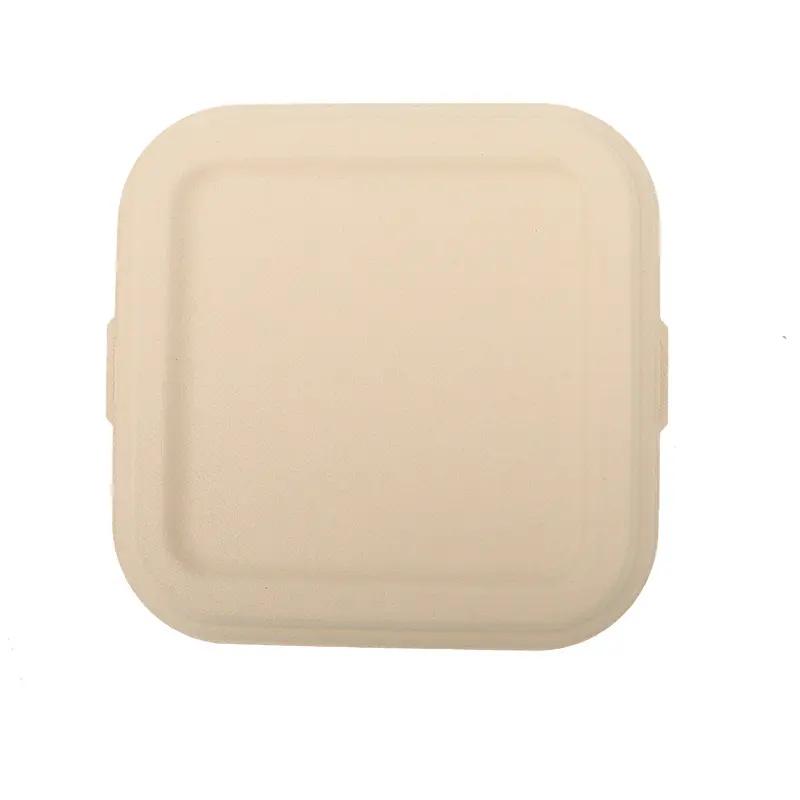 C31-0930-B
C31-0930-B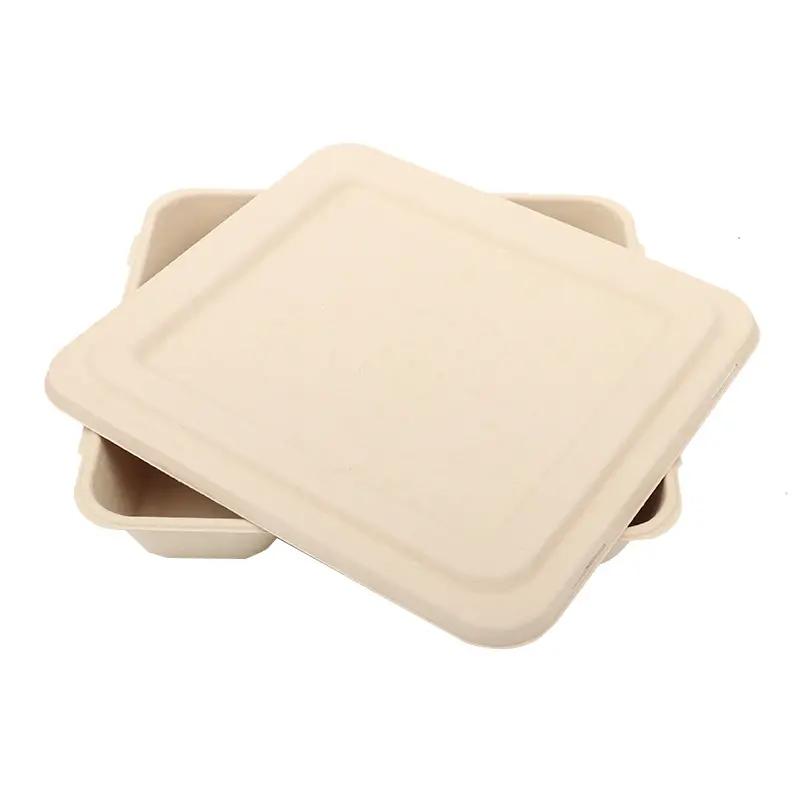 C71-3970-B
C71-3970-B Mult-Part Box
Mult-Part Box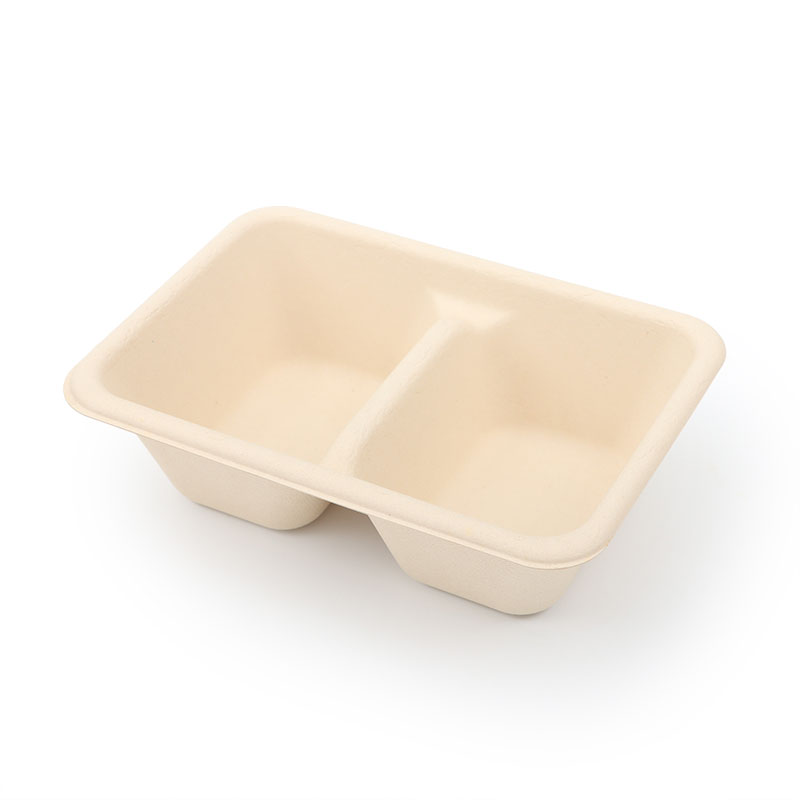 C31-0071-A
C31-0071-A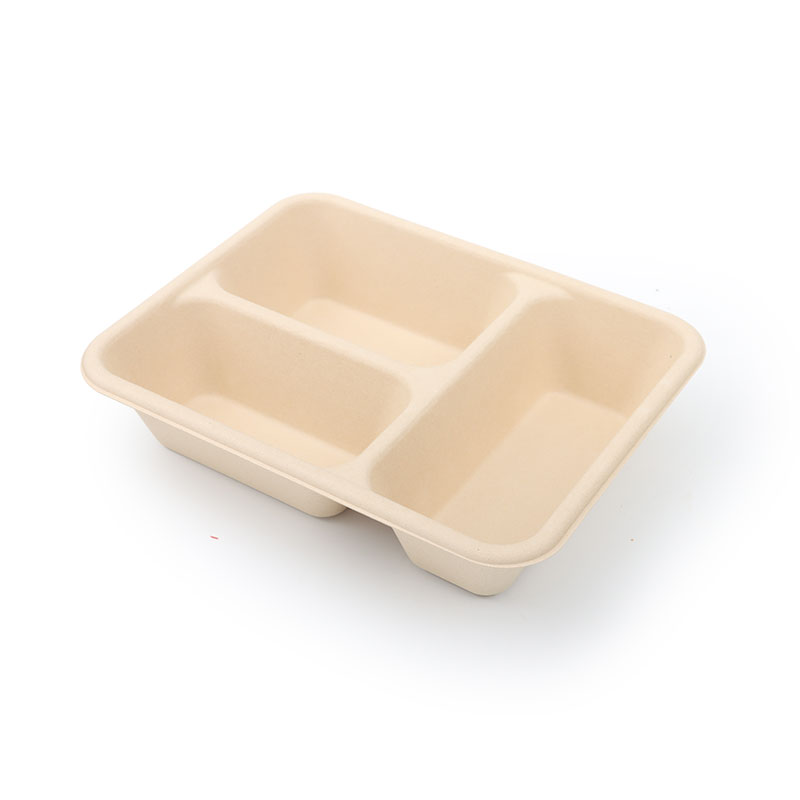 C31-0073-A
C31-0073-A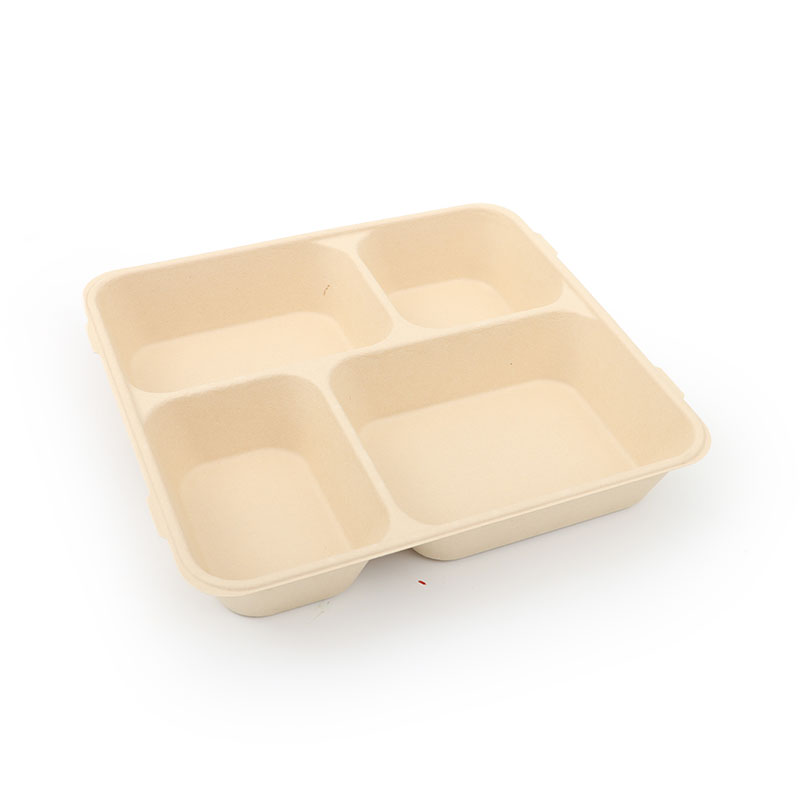 C71-3970-A
C71-3970-A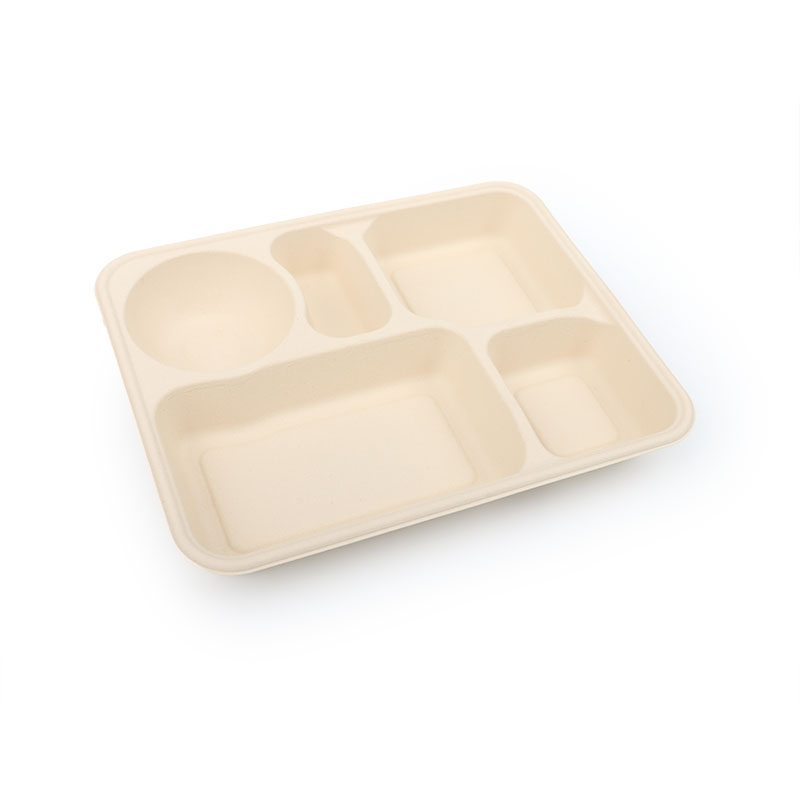 C71-3980A
C71-3980A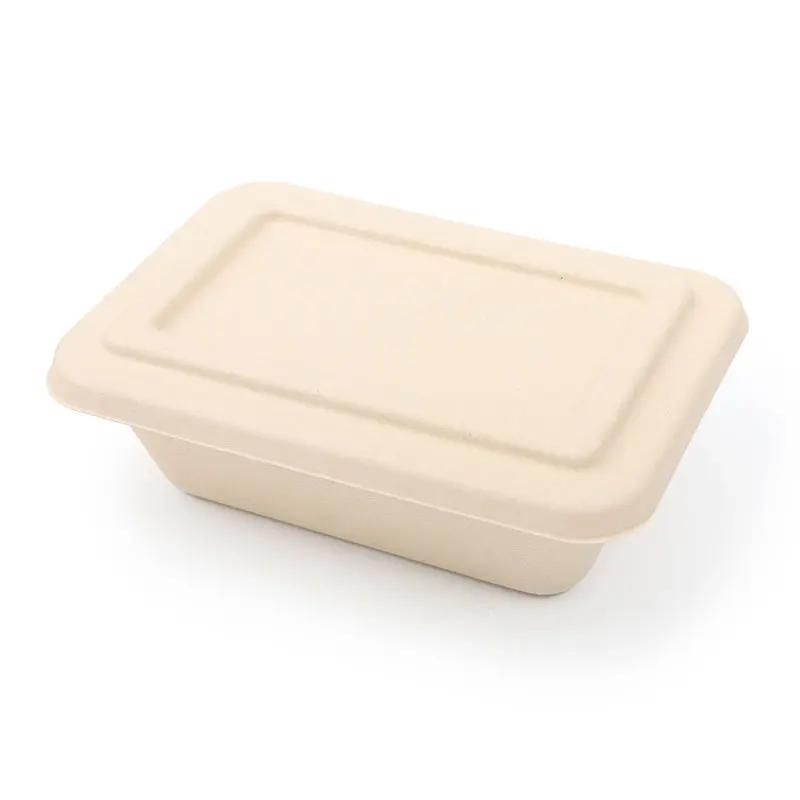 C31-0070-B
C31-0070-B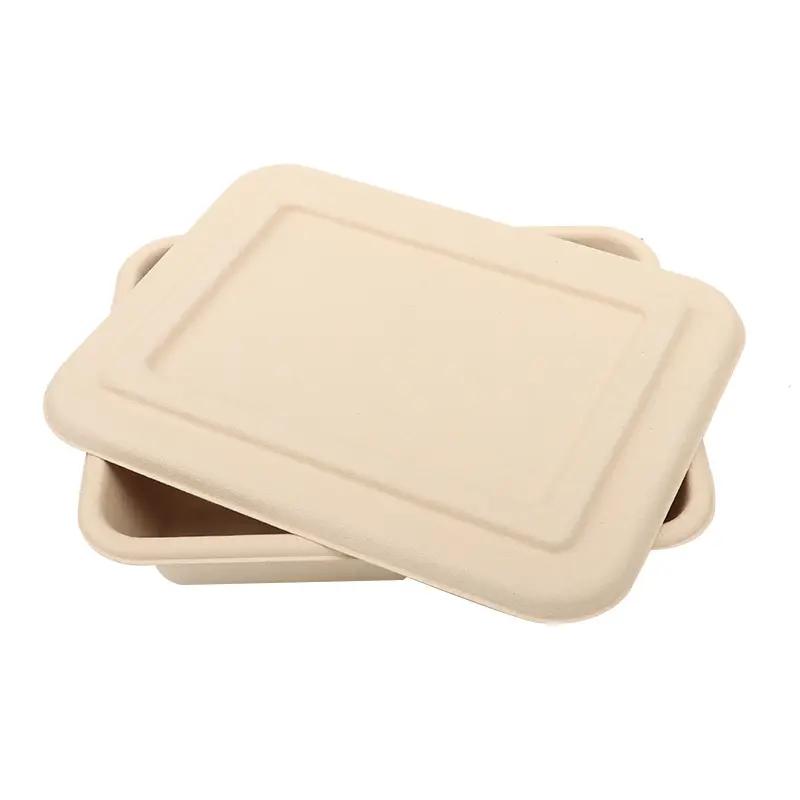 C31-0073-B
C31-0073-B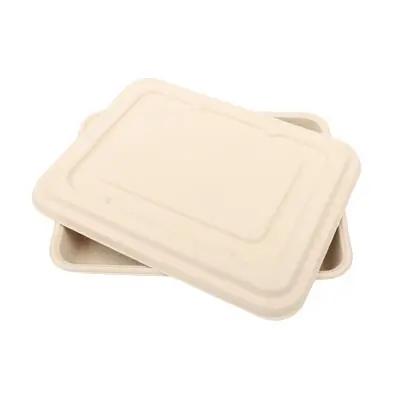 C71-3980-B
C71-3980-B Square Box
Square Box Box Without T buckle
Box Without T buckle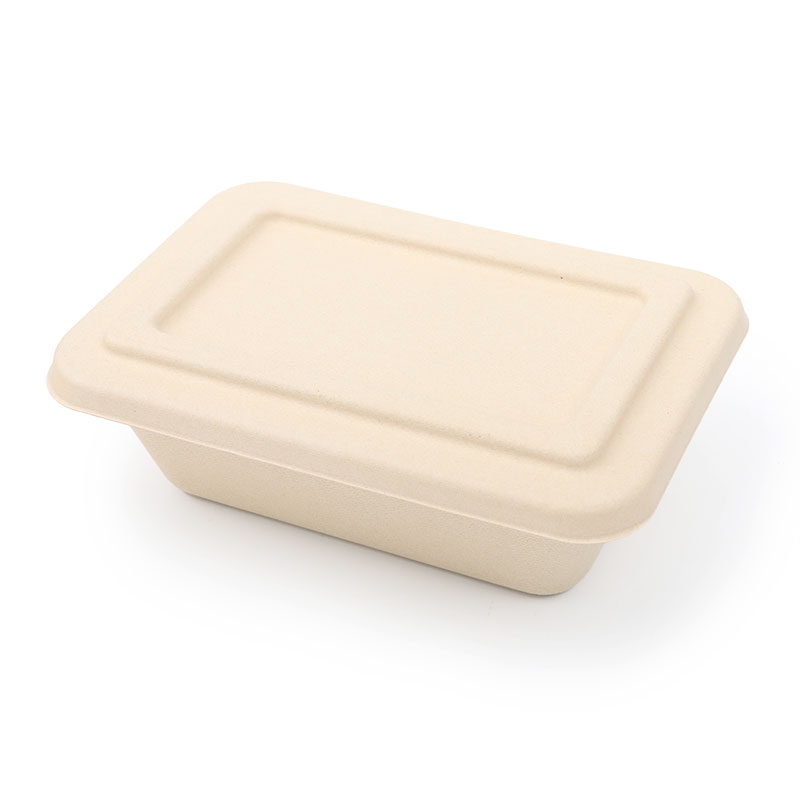 C31-0070-A
C31-0070-A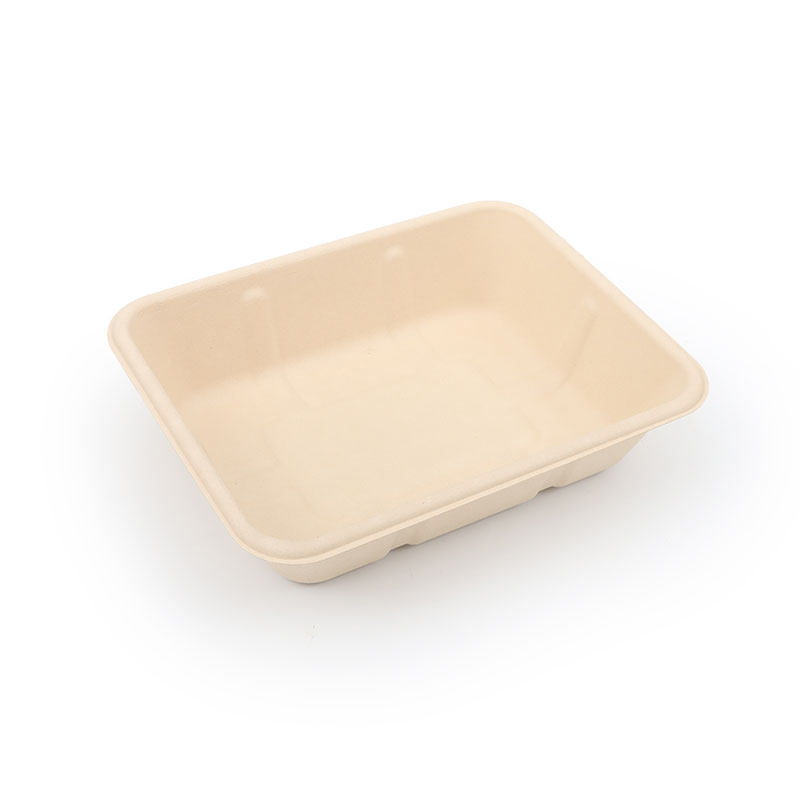 C31-0075-A
C31-0075-A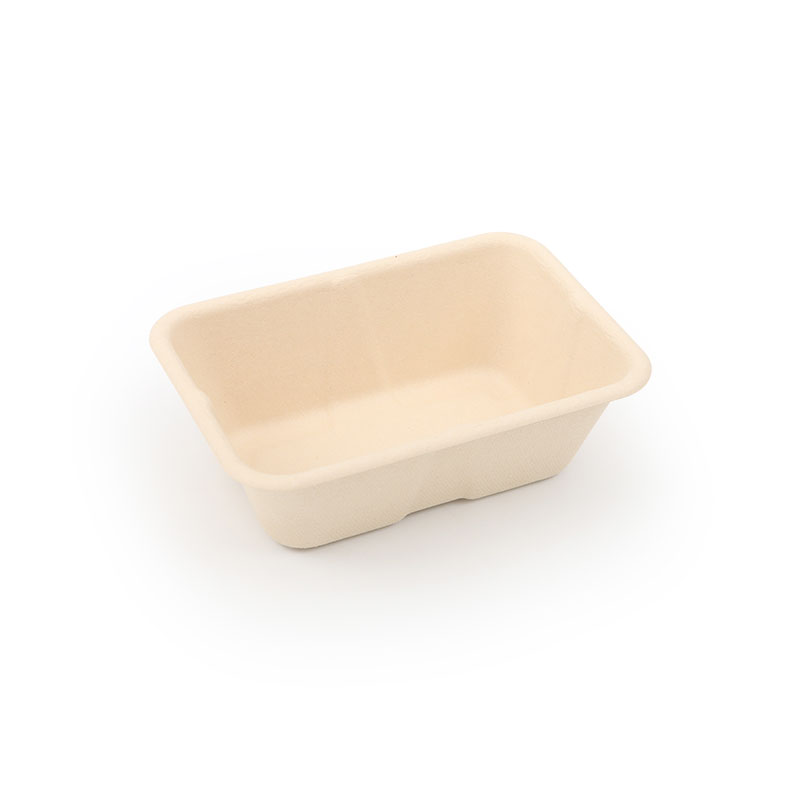 C31-2890-A
C31-2890-A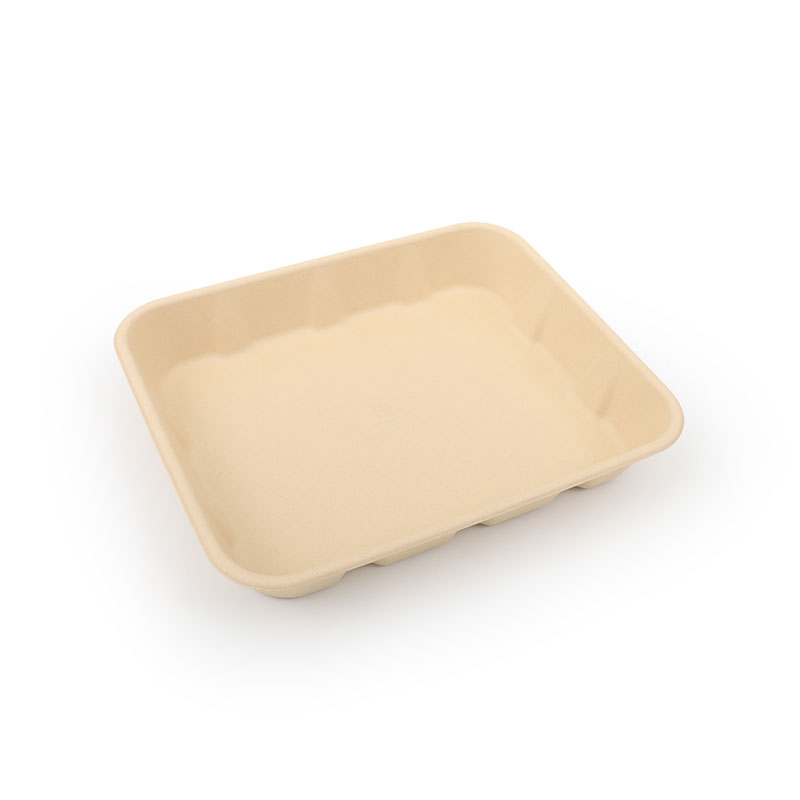 C31-3130-A
C31-3130-A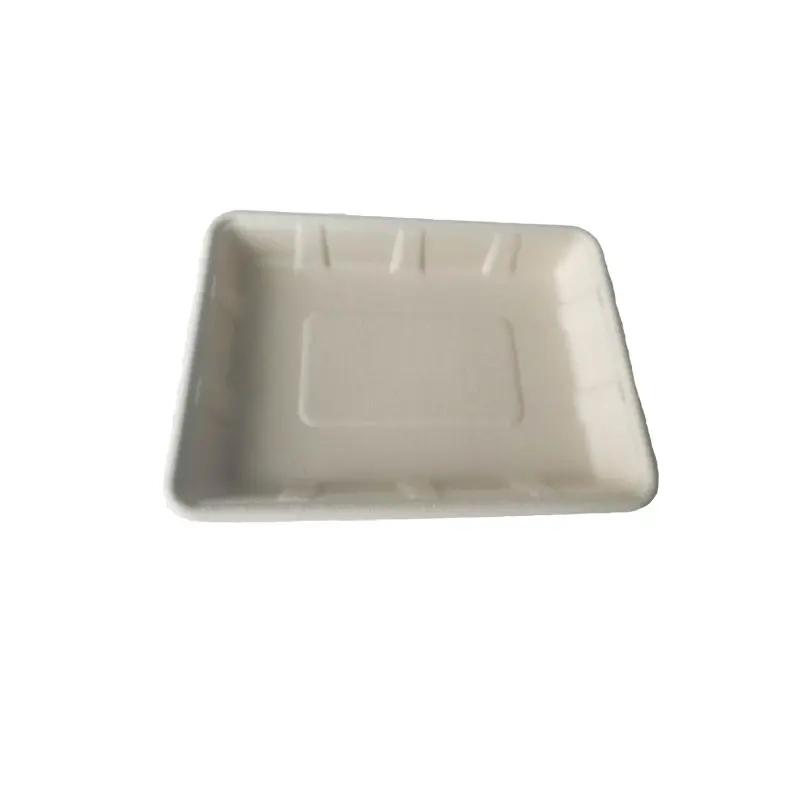 C71-4300-A
C71-4300-A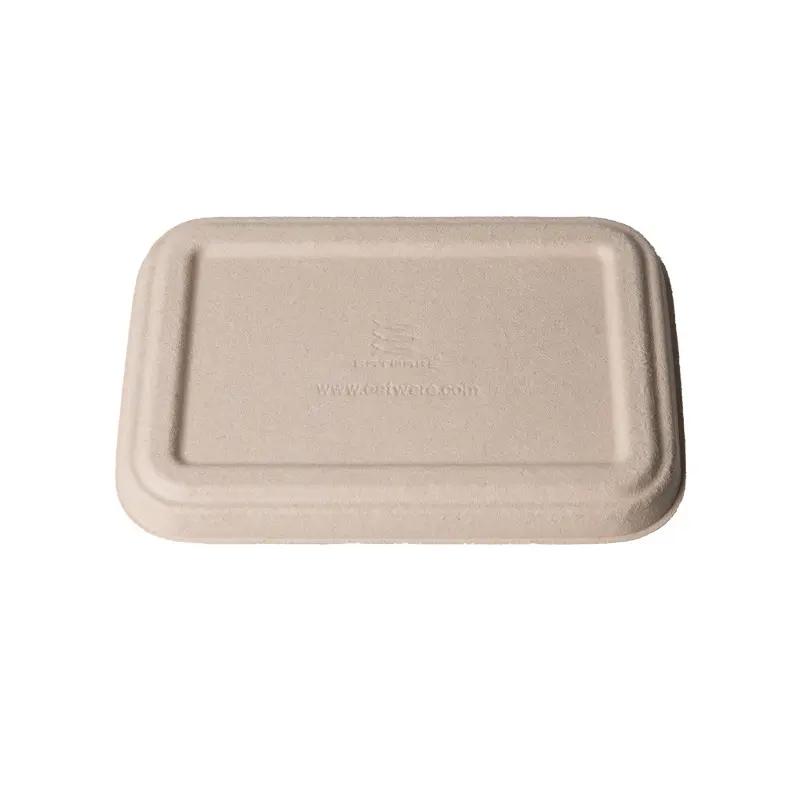 C31-2890-B
C31-2890-B One Part Box
One Part Box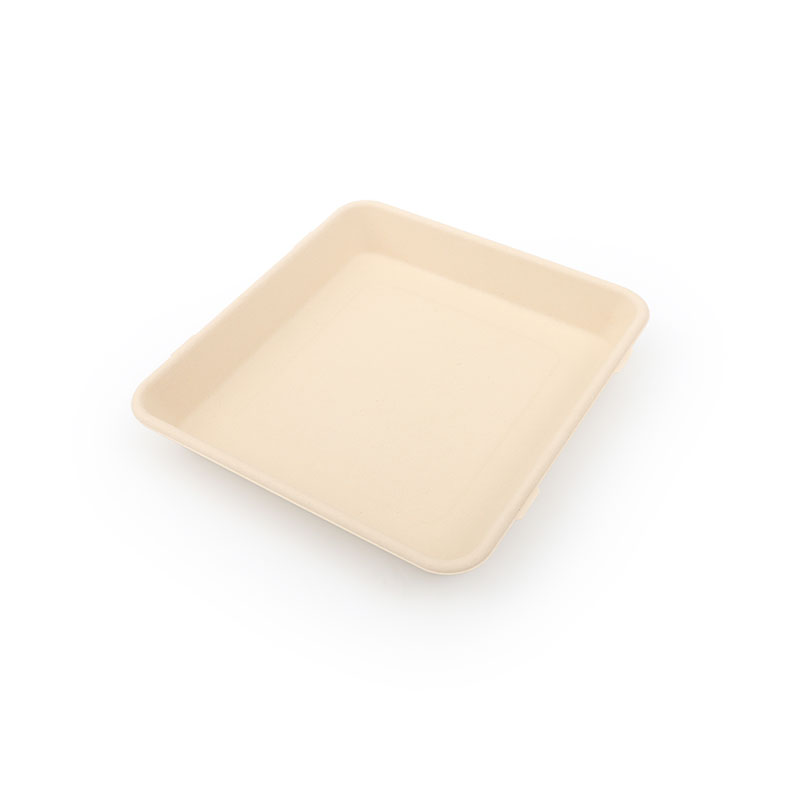 C31-0950-A
C31-0950-A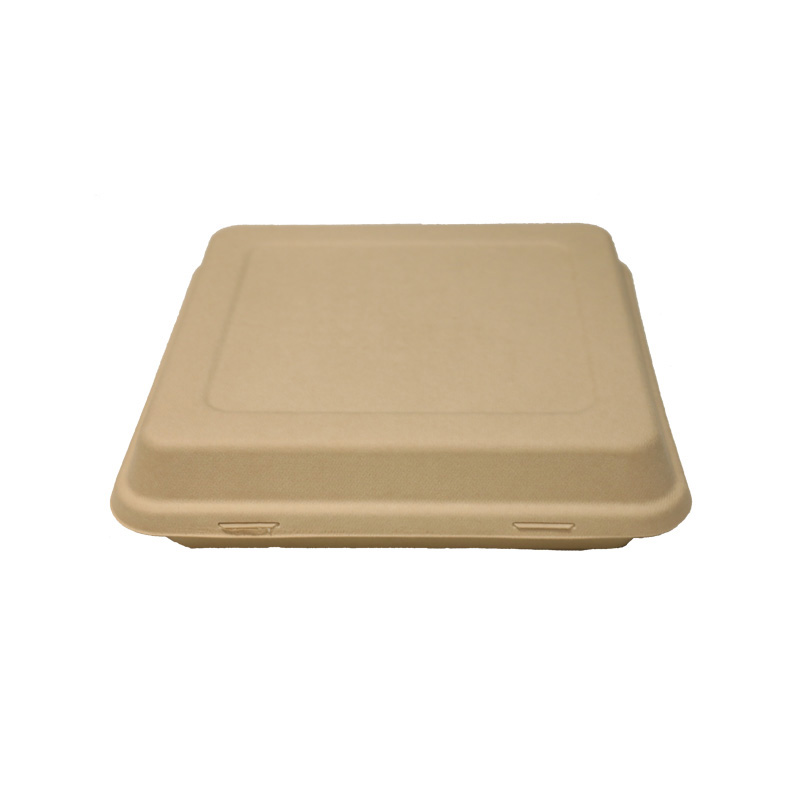 C31-0950-B
C31-0950-B Cake Bread Snack Tray Series
Cake Bread Snack Tray Series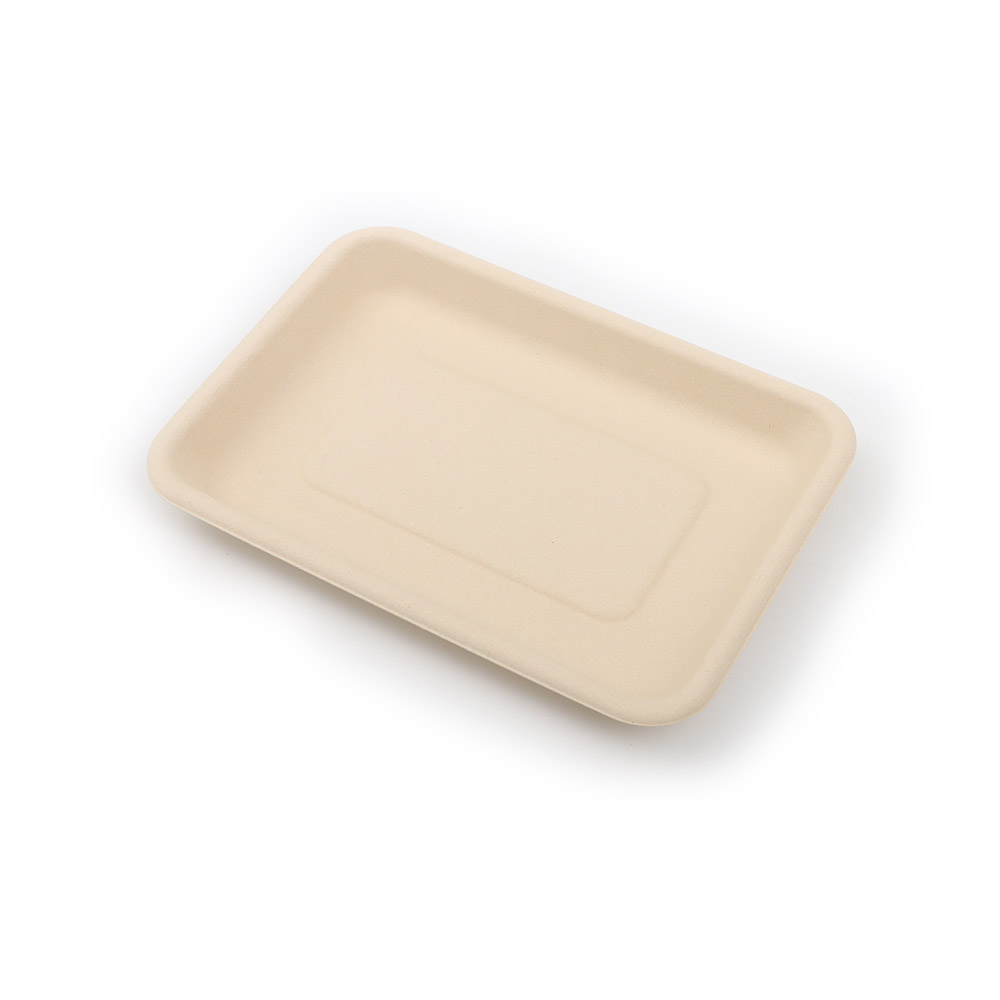 C71-0020-A
C71-0020-A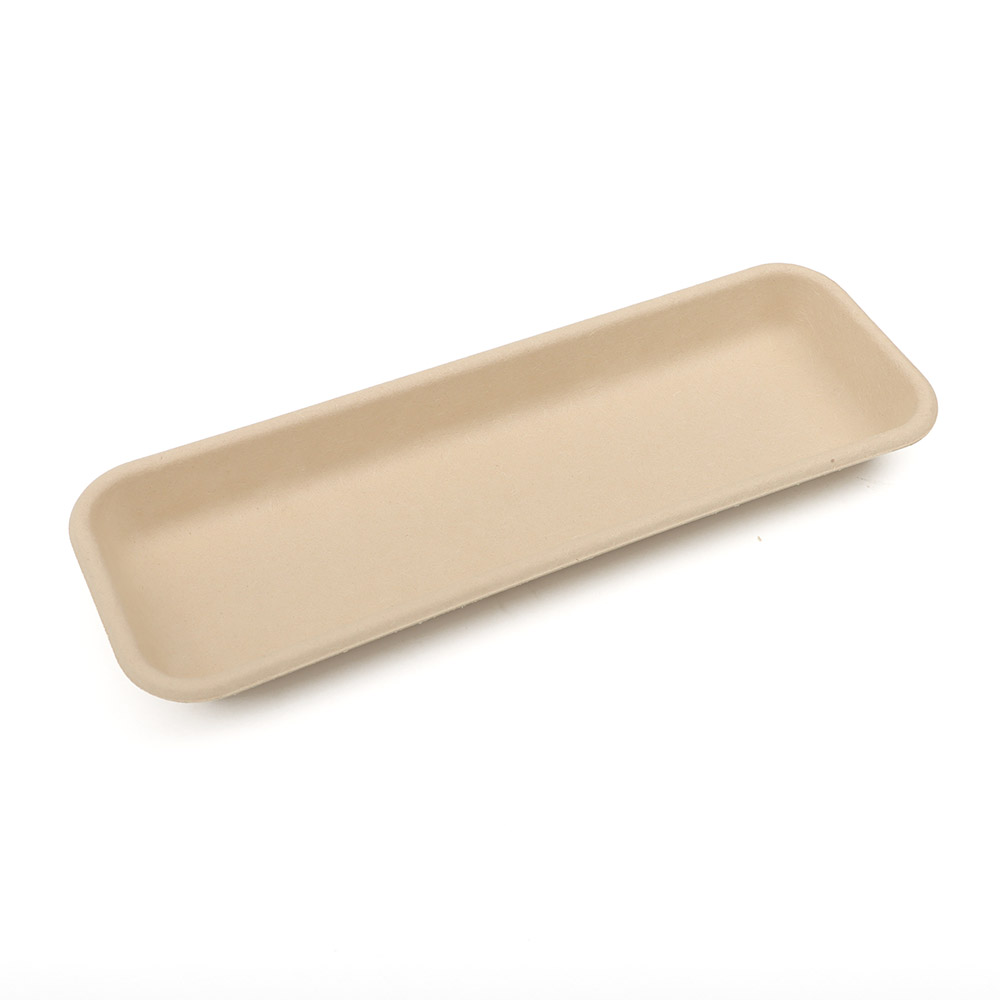 C71-0100-A
C71-0100-A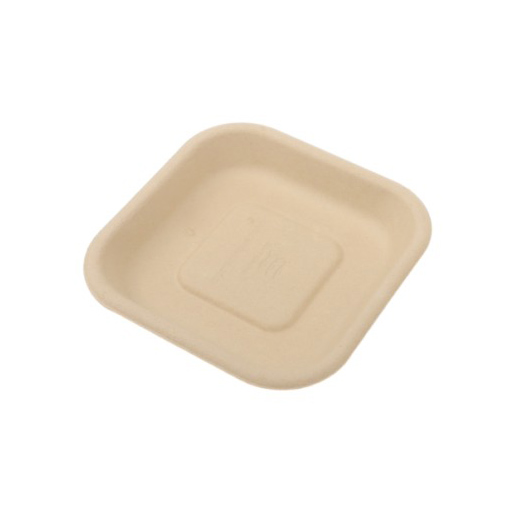 C71-0380-A
C71-0380-A Fruit And Vegetable Tray Series
Fruit And Vegetable Tray Series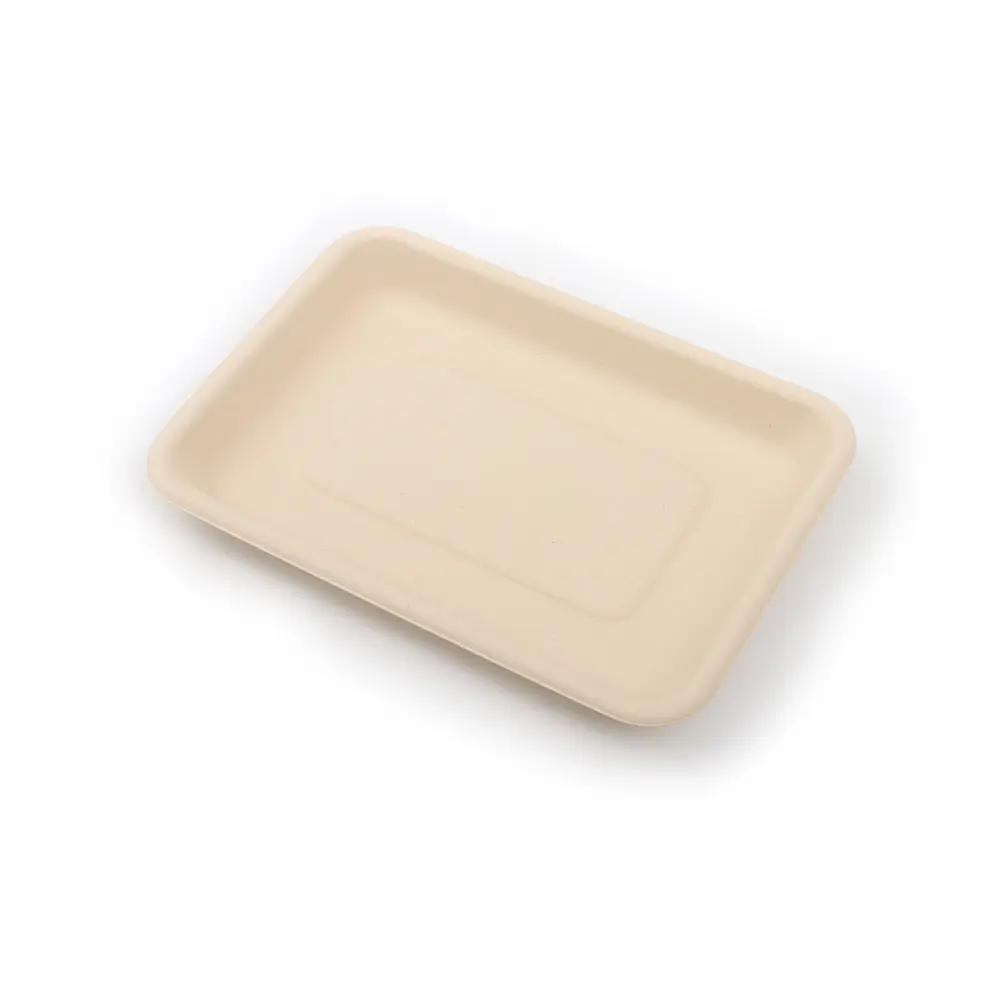 C71-0490-A
C71-0490-A Sushi Tray Series
Sushi Tray Series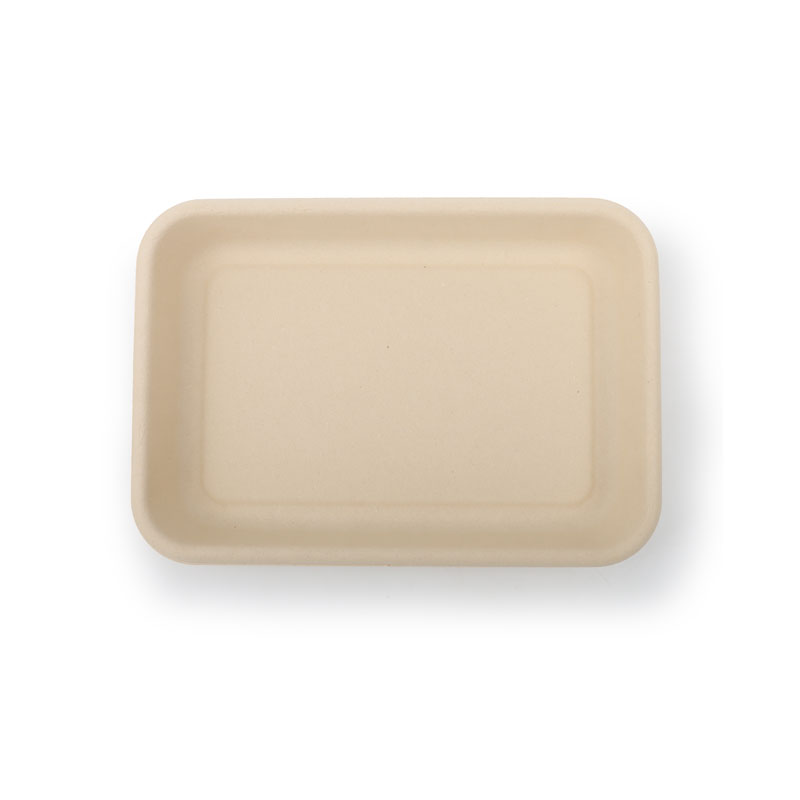 C71-2930-A
C71-2930-A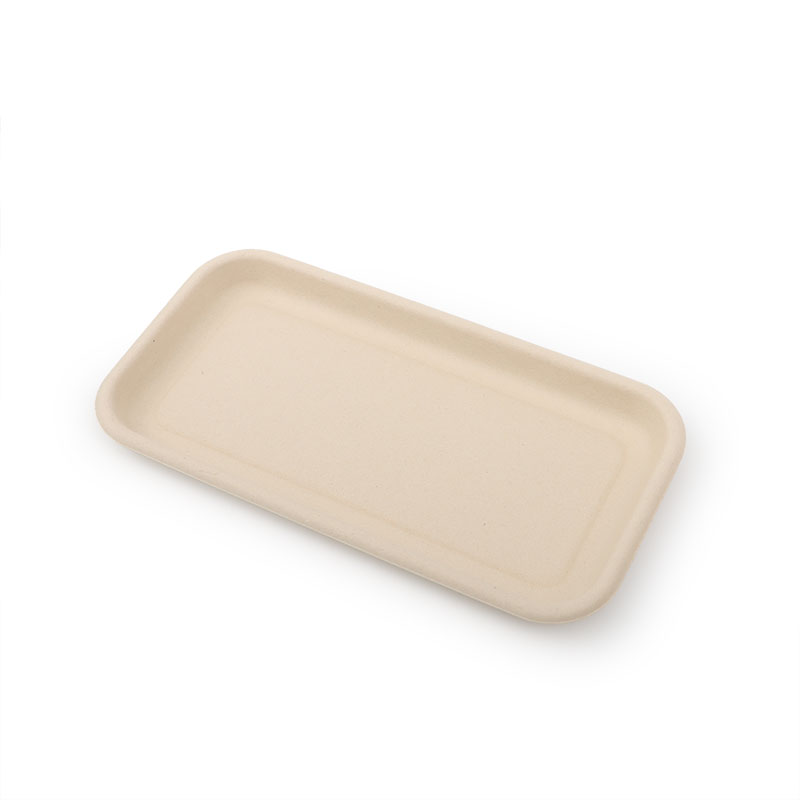 C71-2940-A
C71-2940-A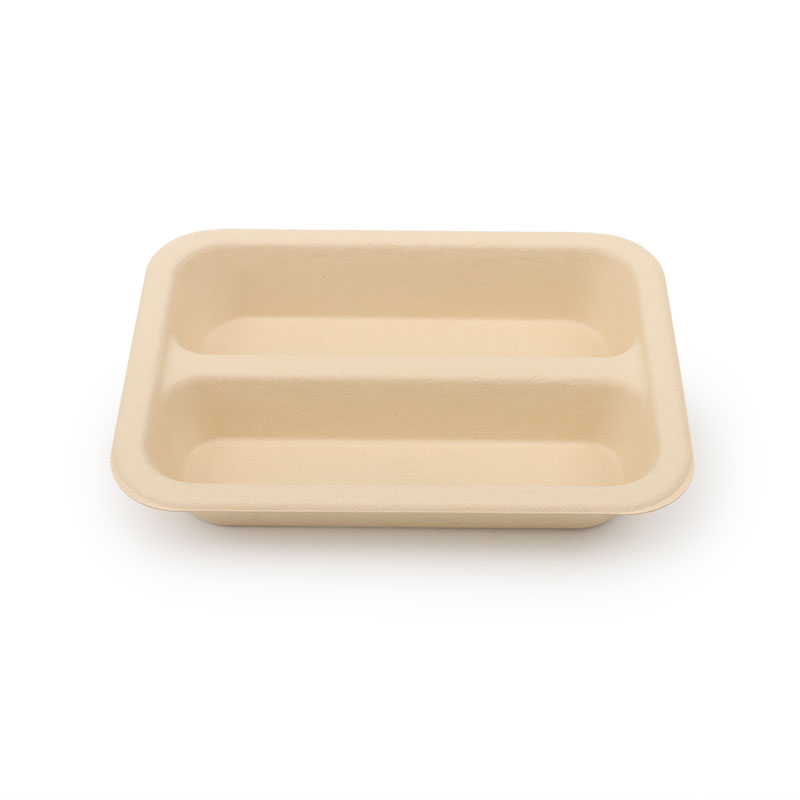 C71-2990-A
C71-2990-A Small Round Plate Series
Small Round Plate Series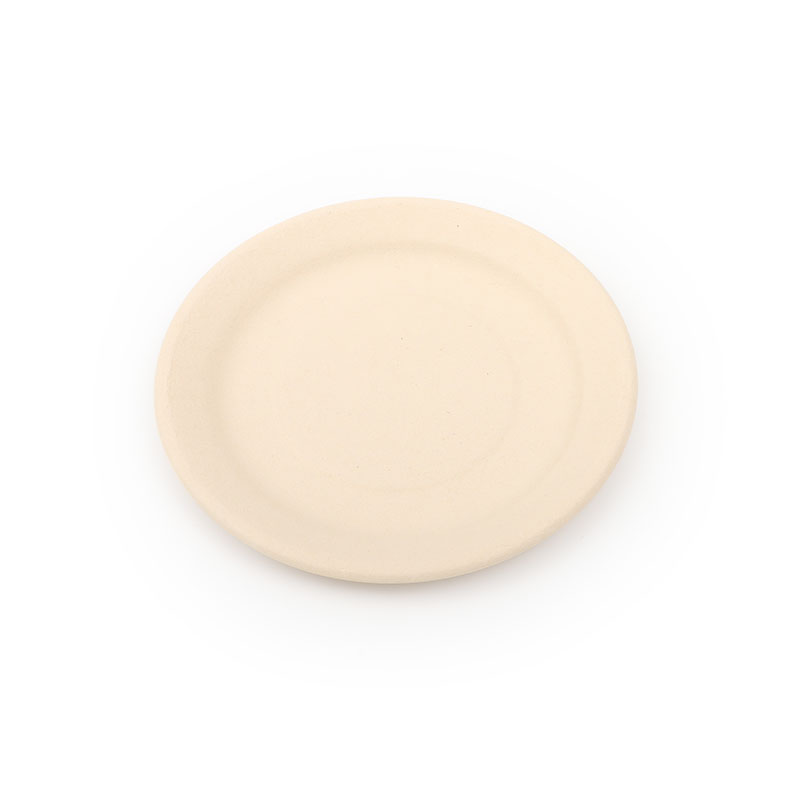 C51-0030-A
C51-0030-A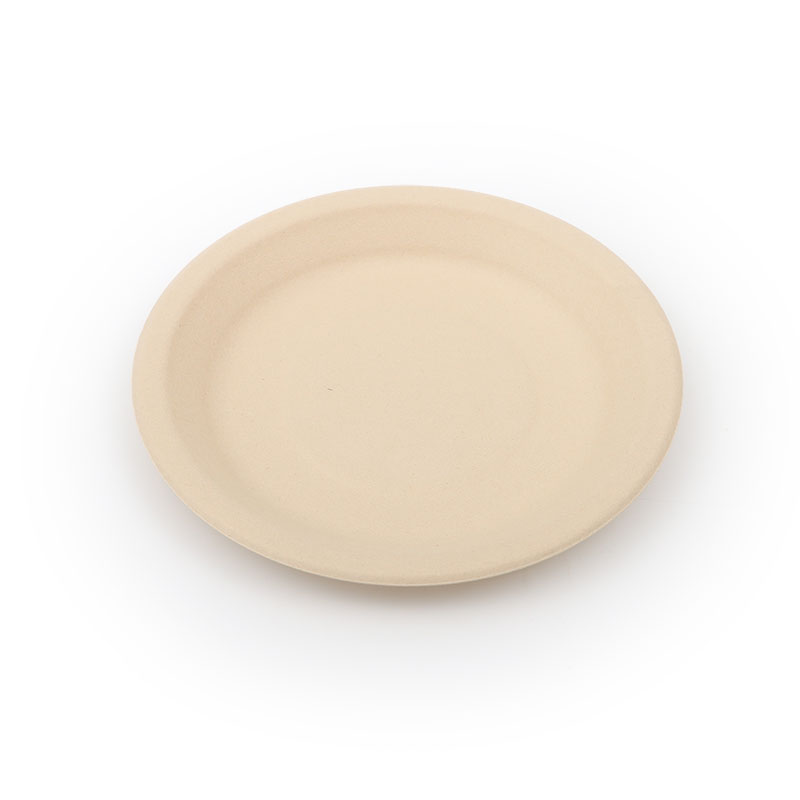 C51-0850-A
C51-0850-A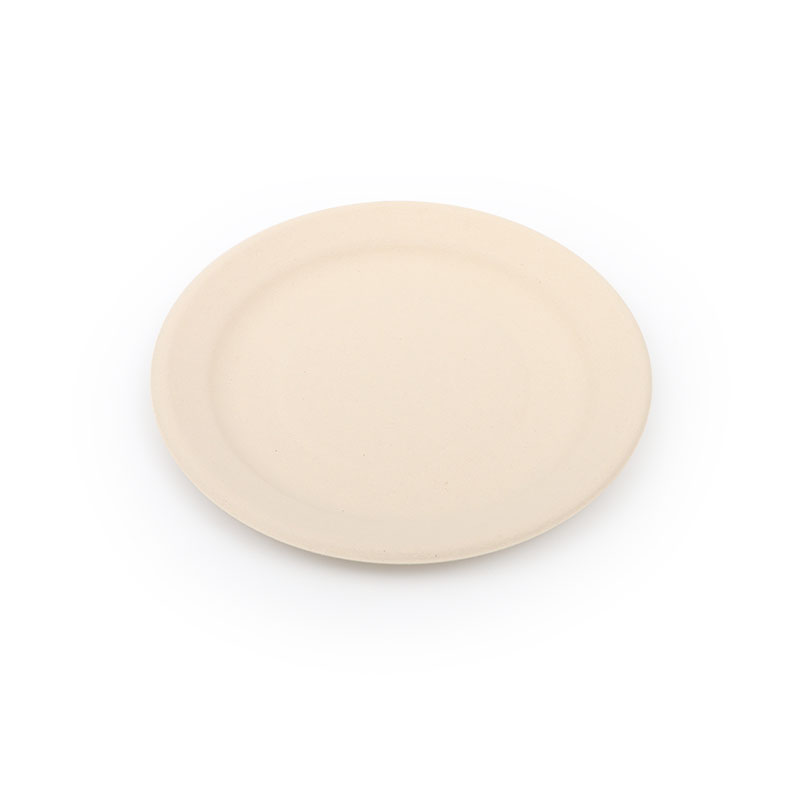 C51-0031-A
C51-0031-A Middle Round Plate Series
Middle Round Plate Series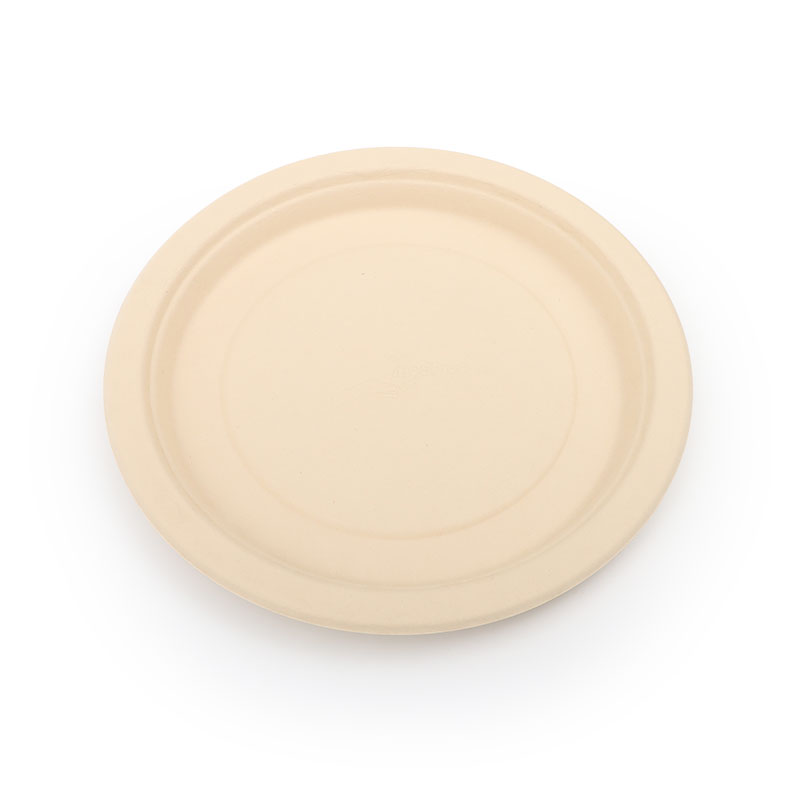 C51-0250-A
C51-0250-A Big Round Plate Series
Big Round Plate Series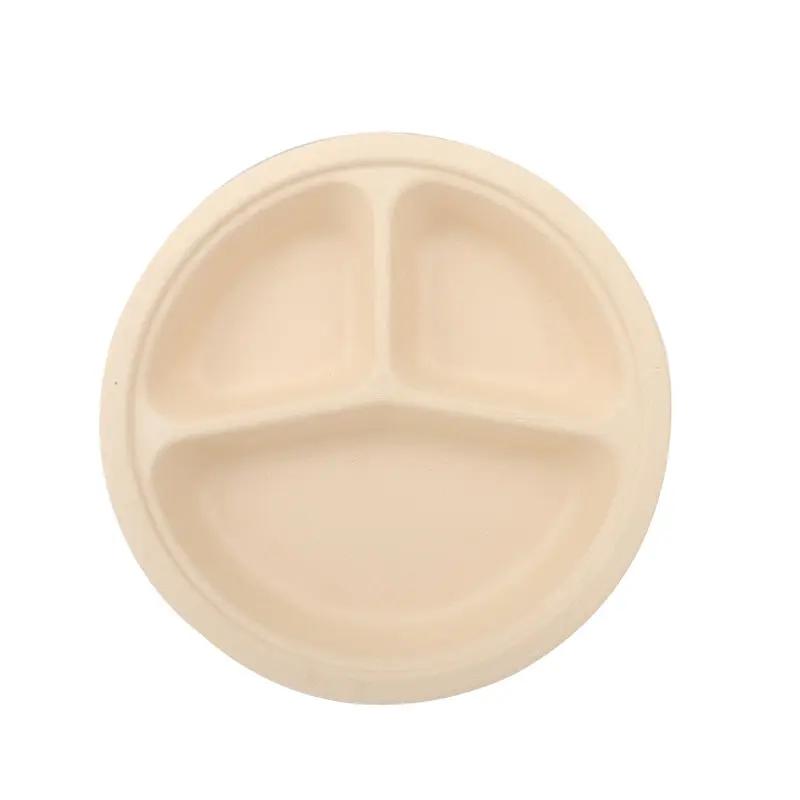 C51-1790-A
C51-1790-A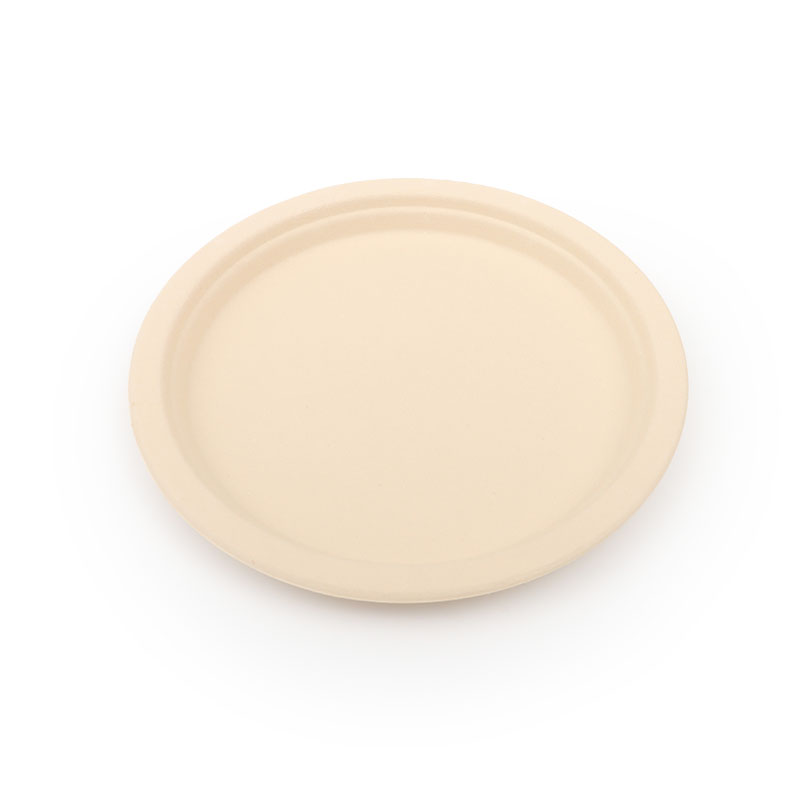 C51-1740-A
C51-1740-A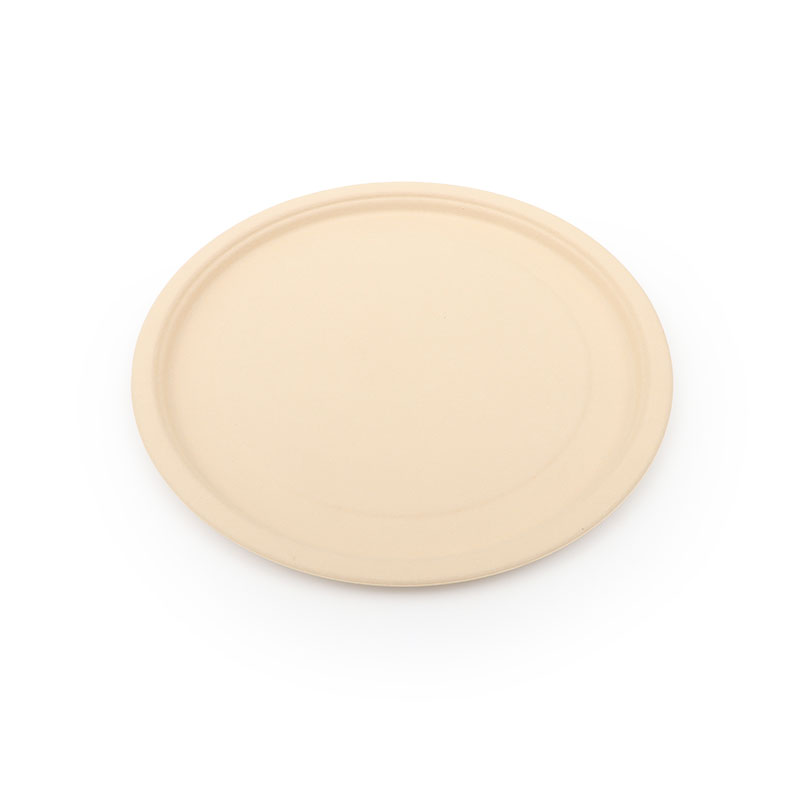 C51-0621-A
C51-0621-A Bigger Bowl
Bigger Bowl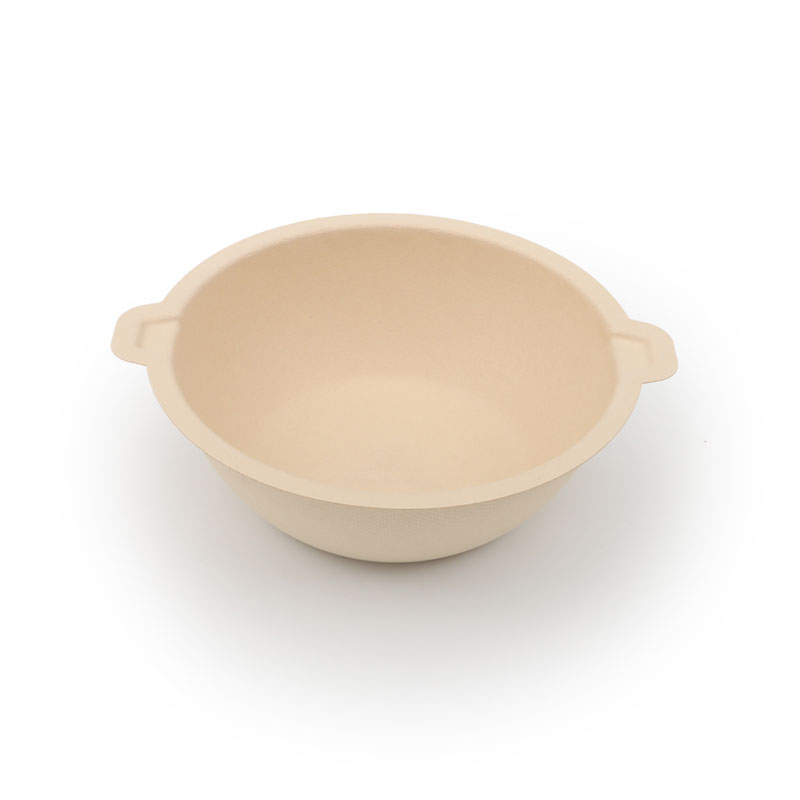 C11-2020-A
C11-2020-A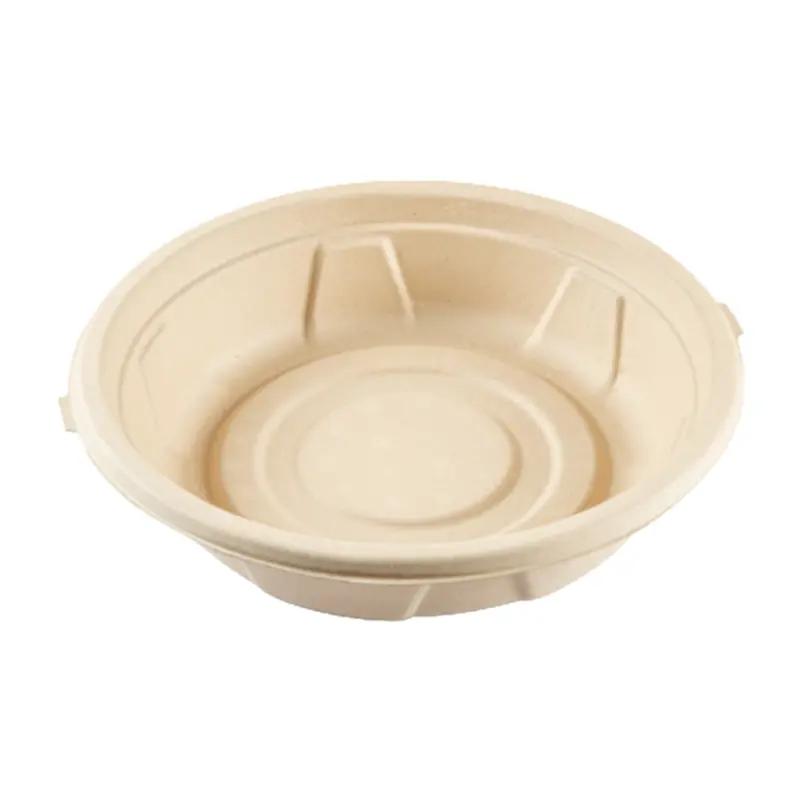 C11-2021-A
C11-2021-A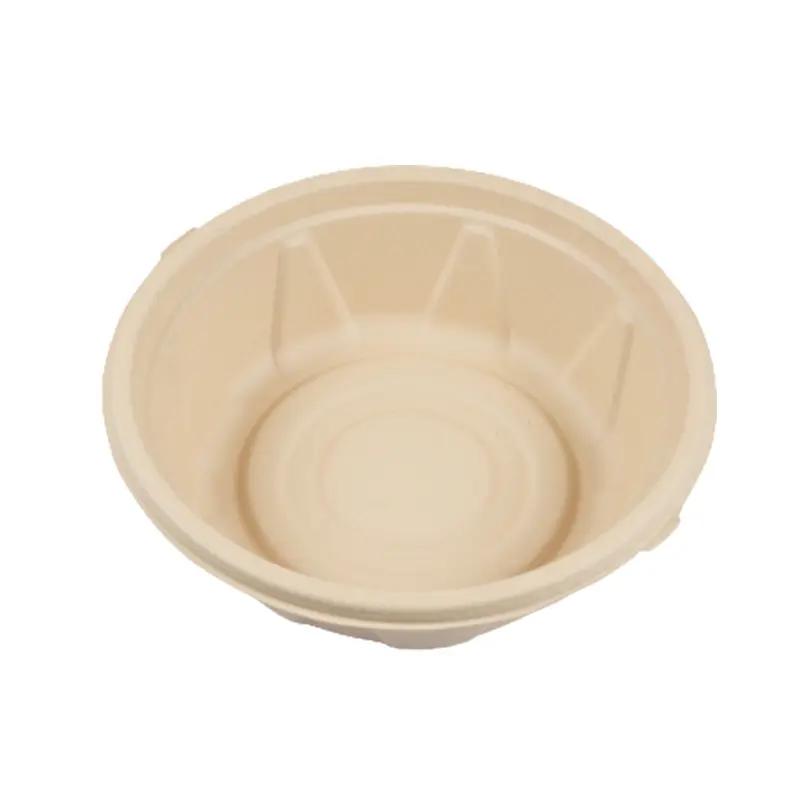 C11-2022-A
C11-2022-A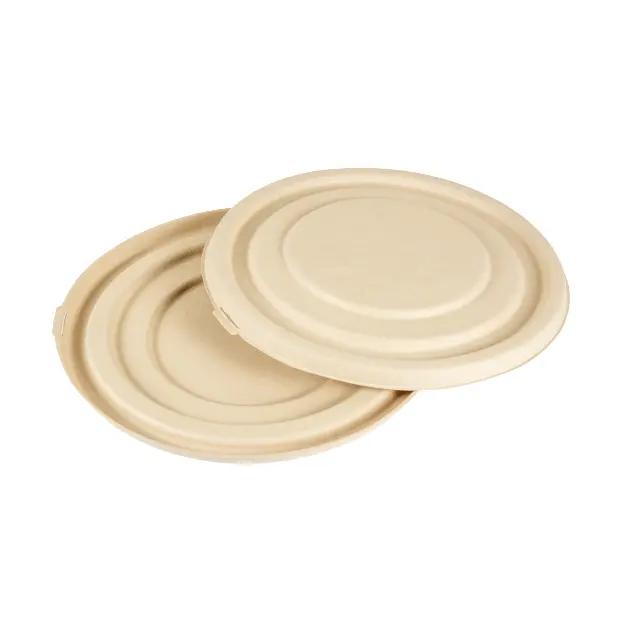 C11-2022-B
C11-2022-B Middle Bowl
Middle Bowl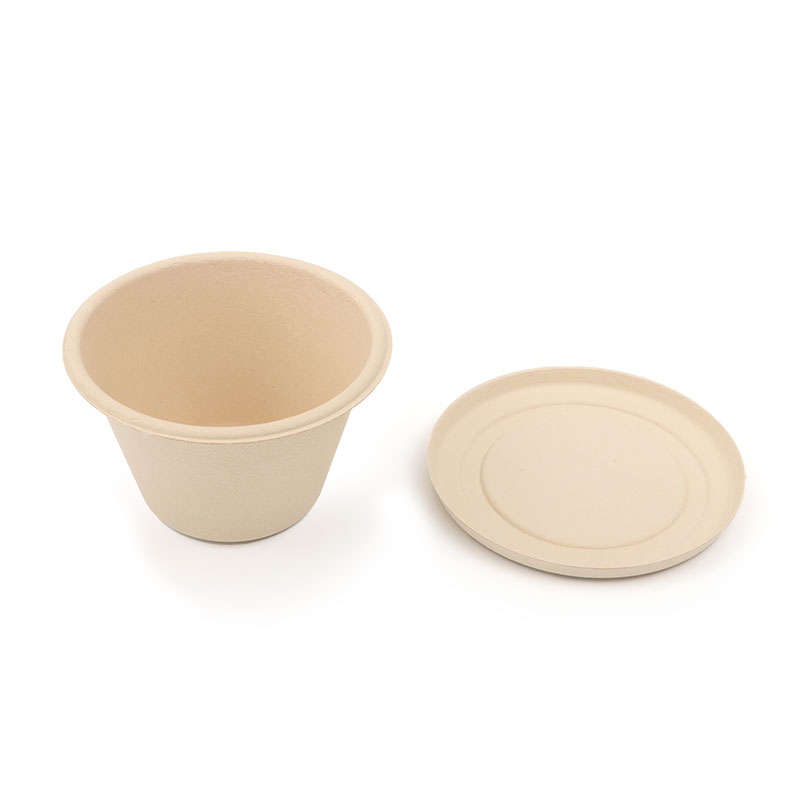 C11-0040-A
C11-0040-A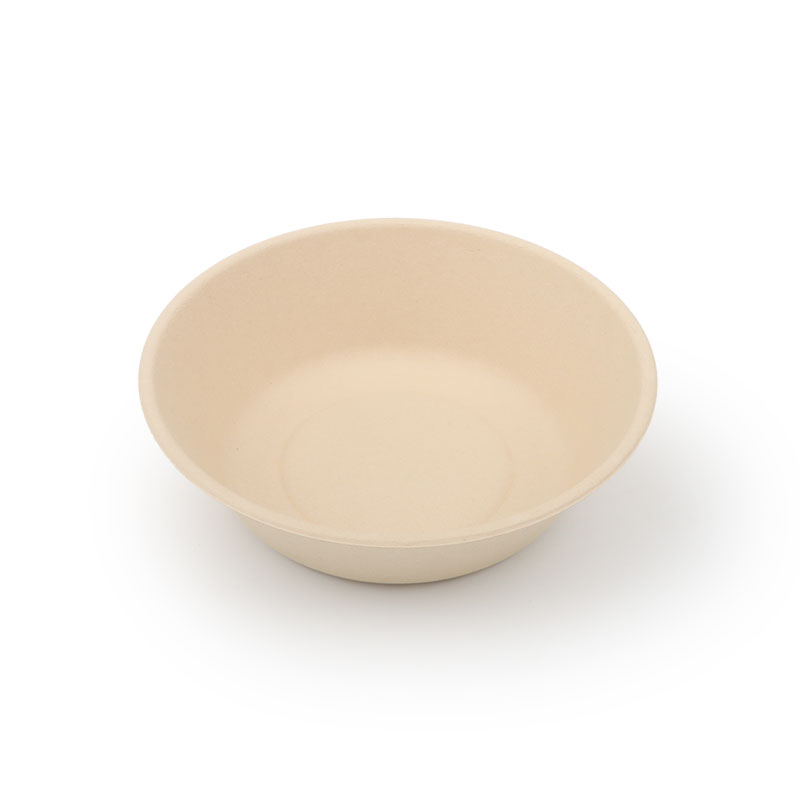 C11-1430-A
C11-1430-A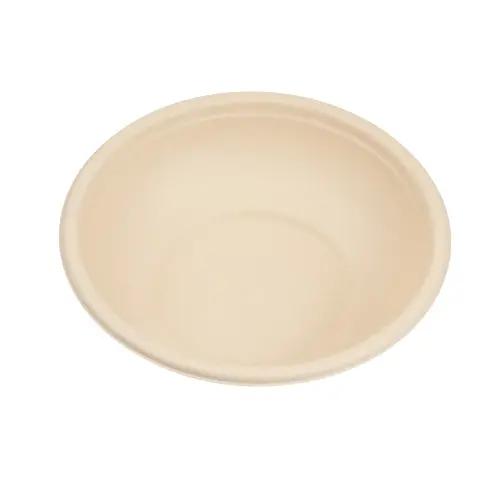 C11-2015-A
C11-2015-A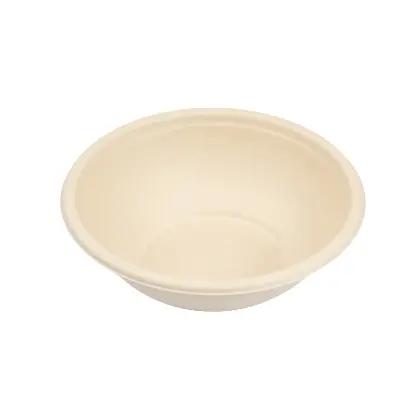 C11-2016-A
C11-2016-A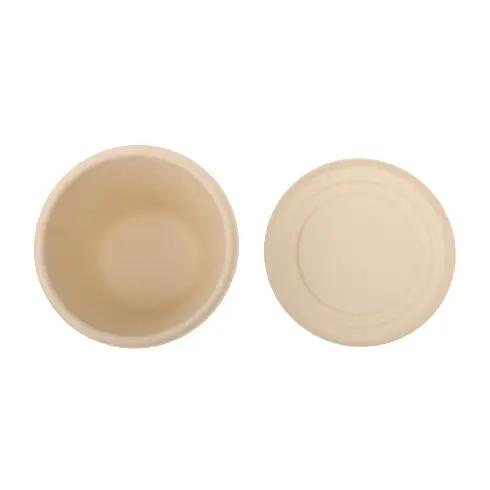 C11-0040-B
C11-0040-B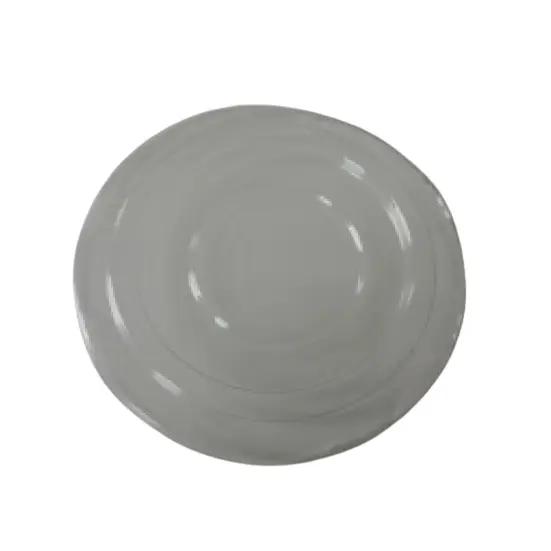 C11-0040-B - PET
C11-0040-B - PET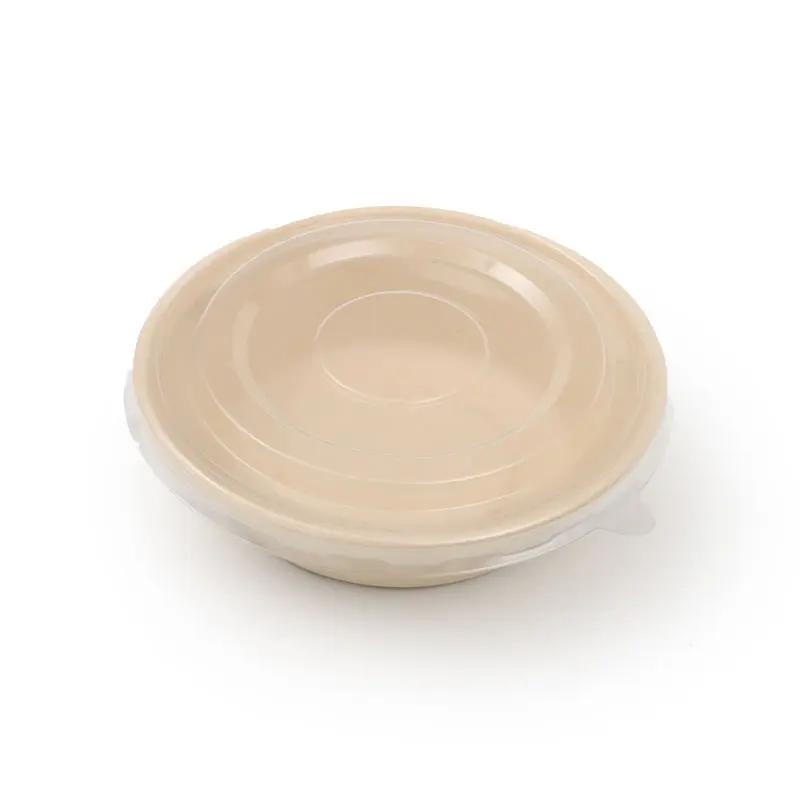 C11-1430-B
C11-1430-B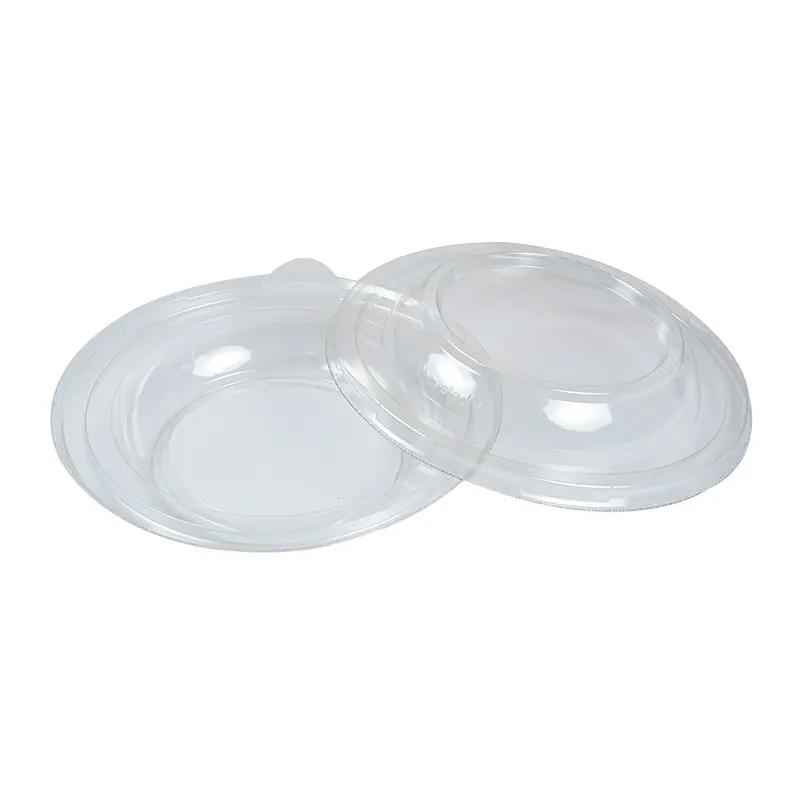 C11-2015-B-PET
C11-2015-B-PET Small Bowl
Small Bowl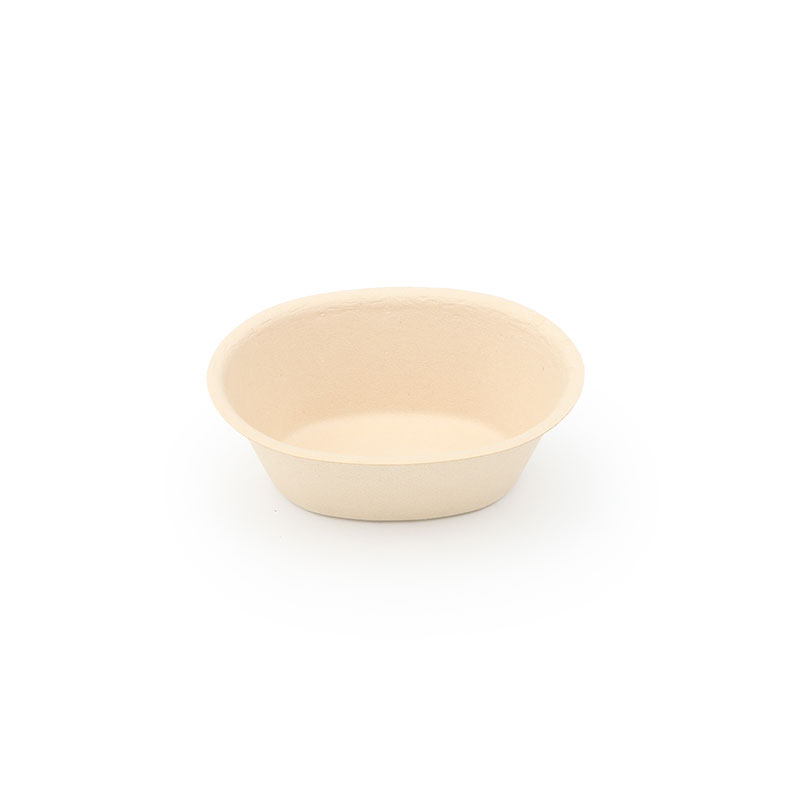 C11-0050-A
C11-0050-A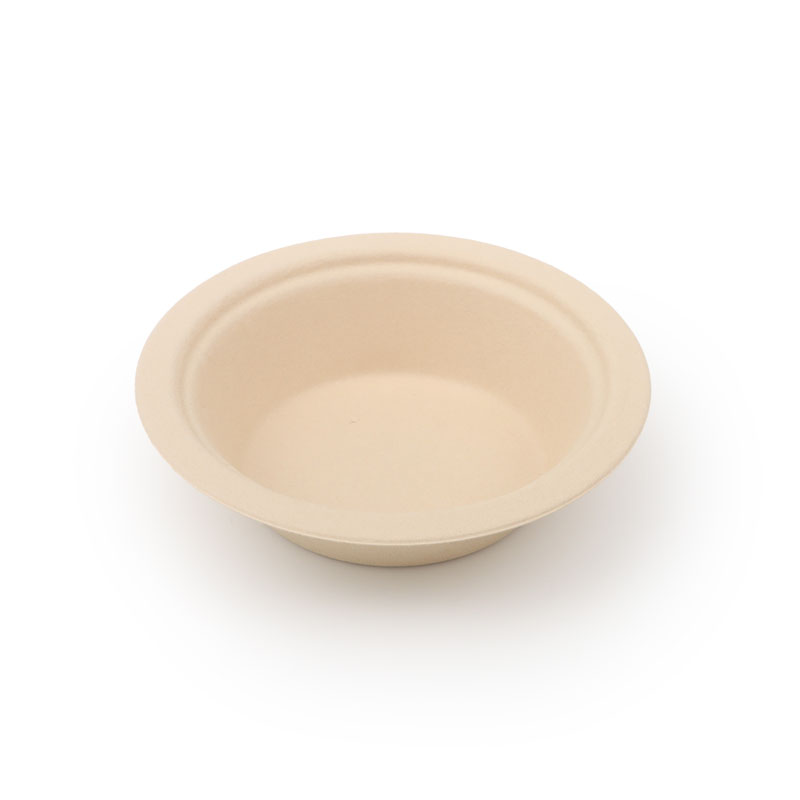 C11-1420-A
C11-1420-A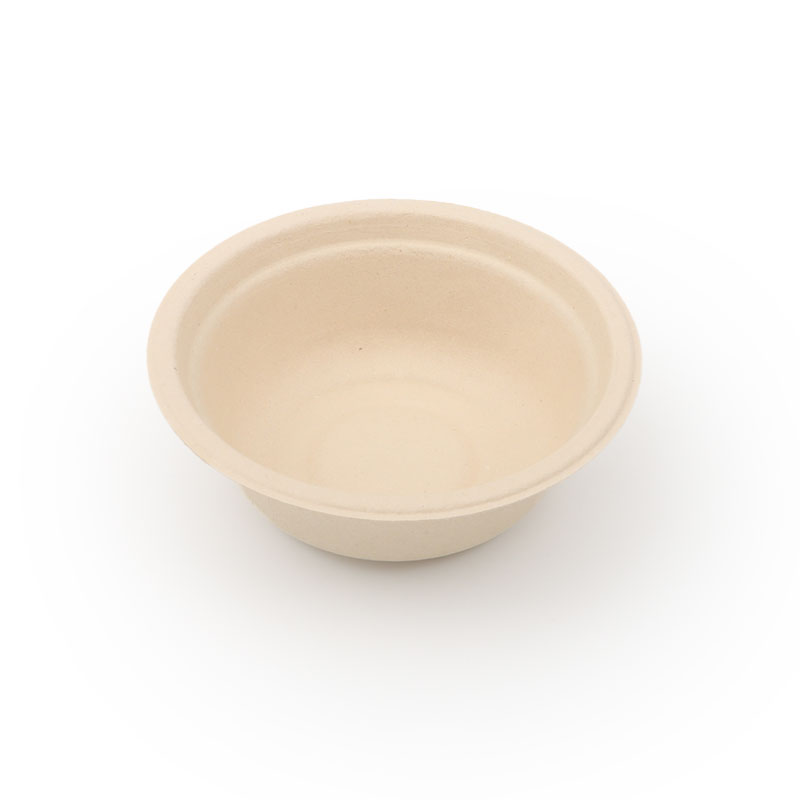 C11-1421-A
C11-1421-A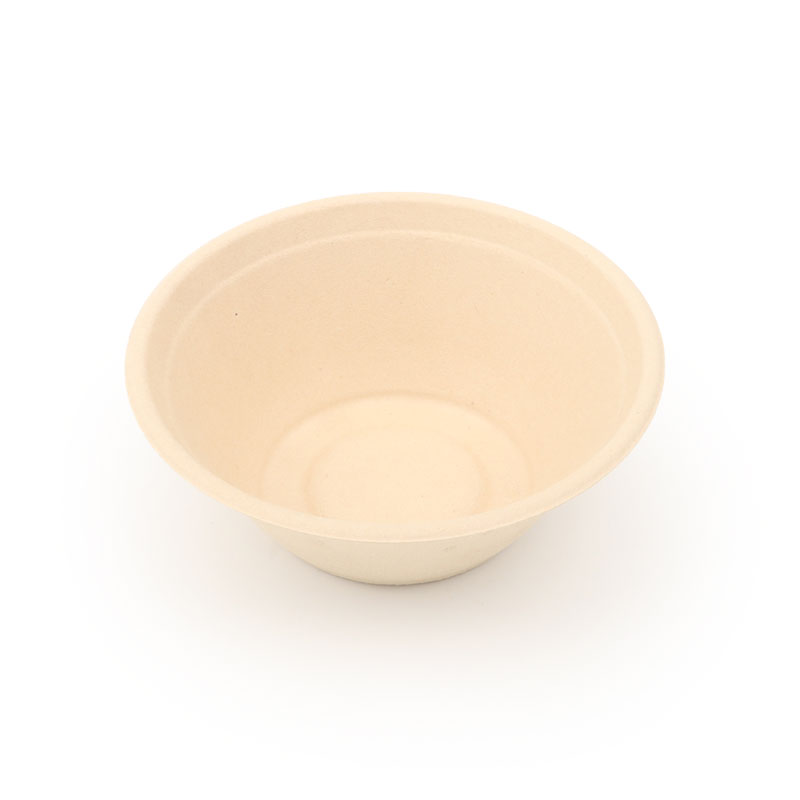 C11-1422-A
C11-1422-A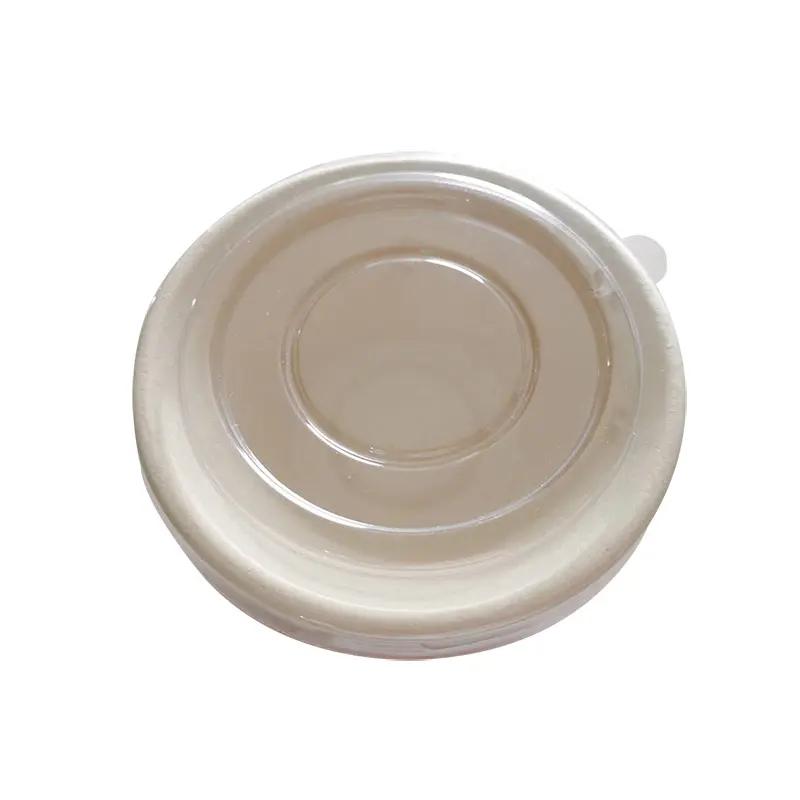 C11-1422-B
C11-1422-B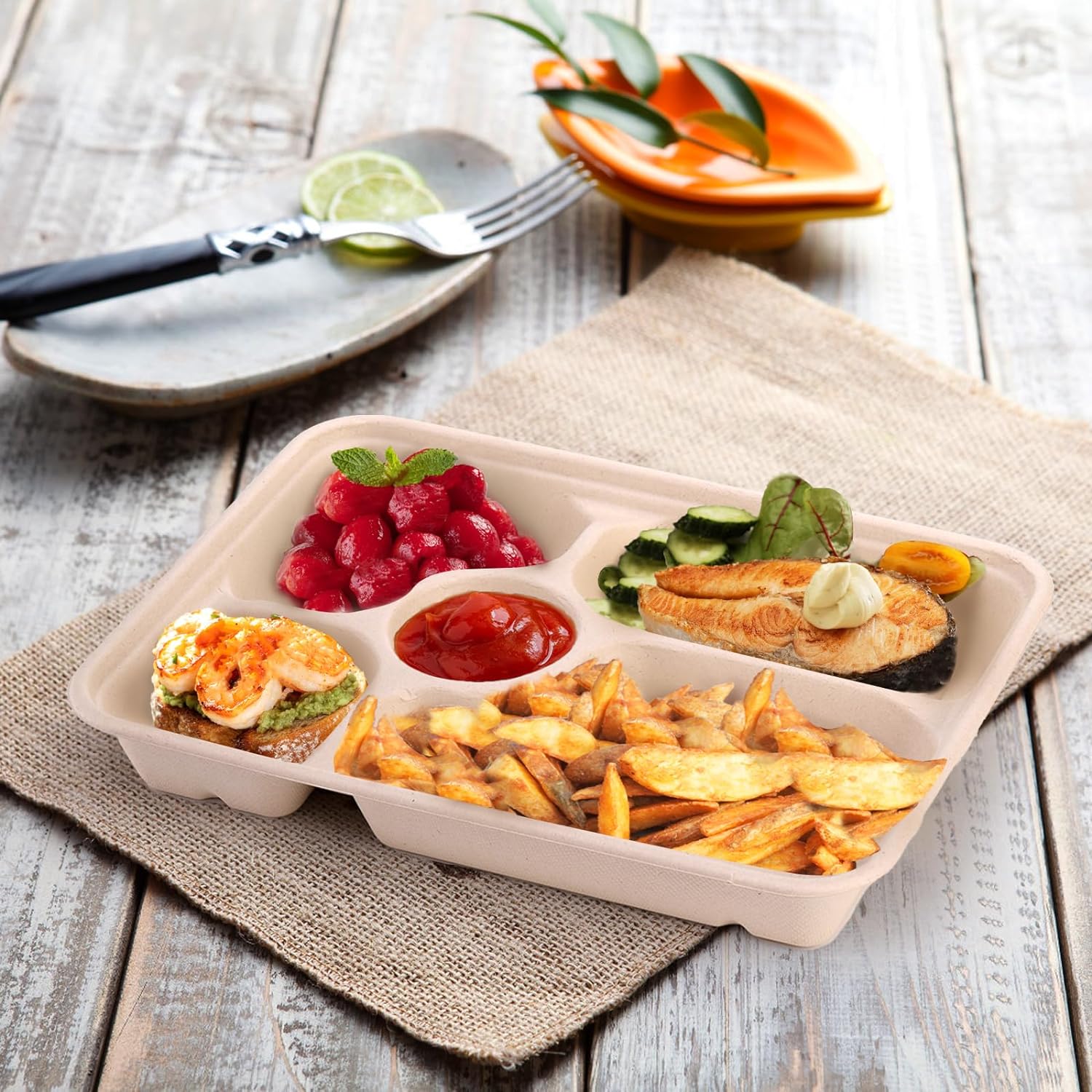 Bagasse Lunch Boxes
Bagasse Lunch Boxes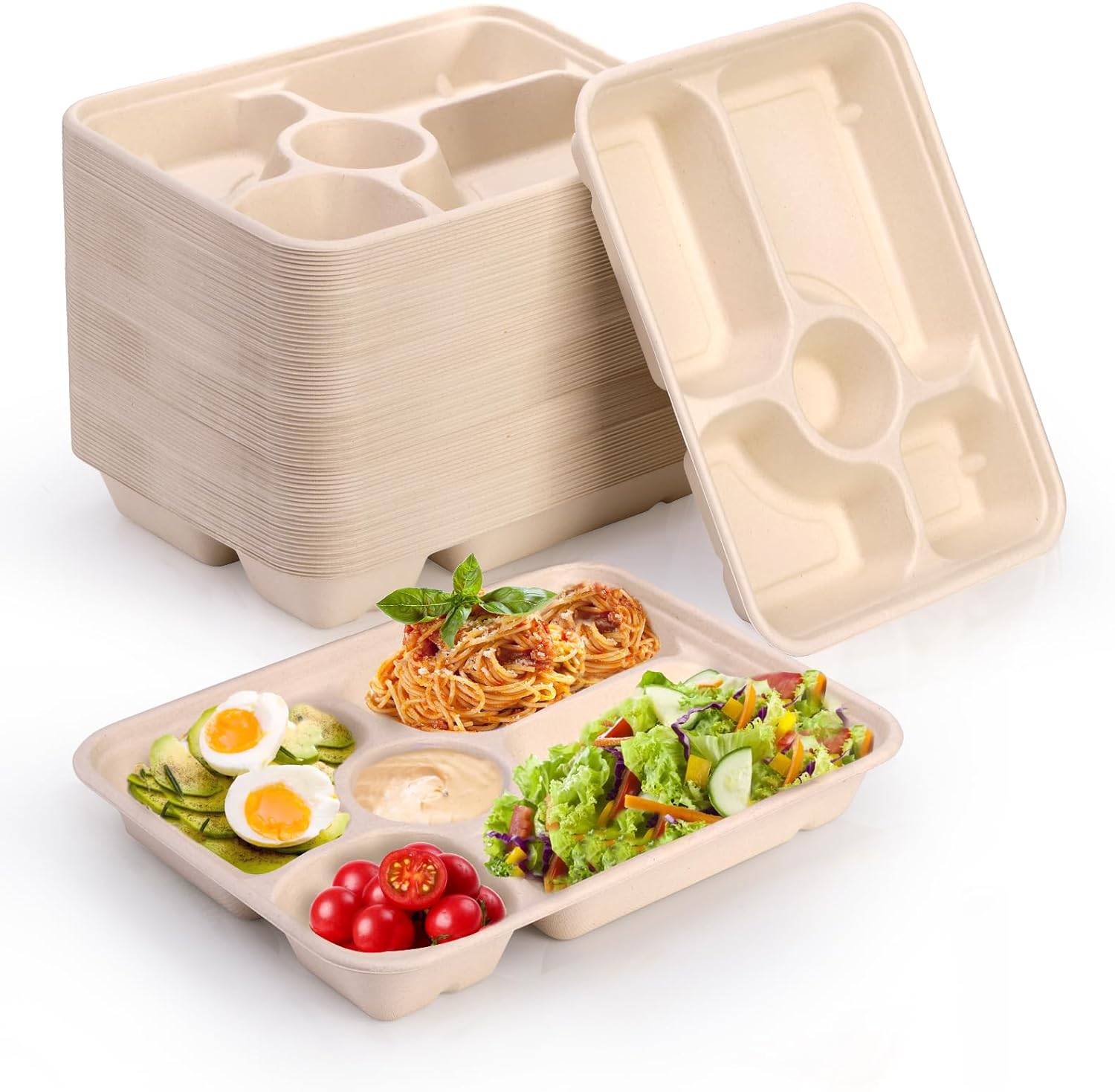 G71-3982A
G71-3982A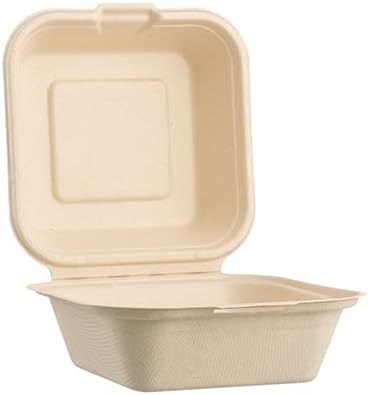 G22-0061A
G22-0061A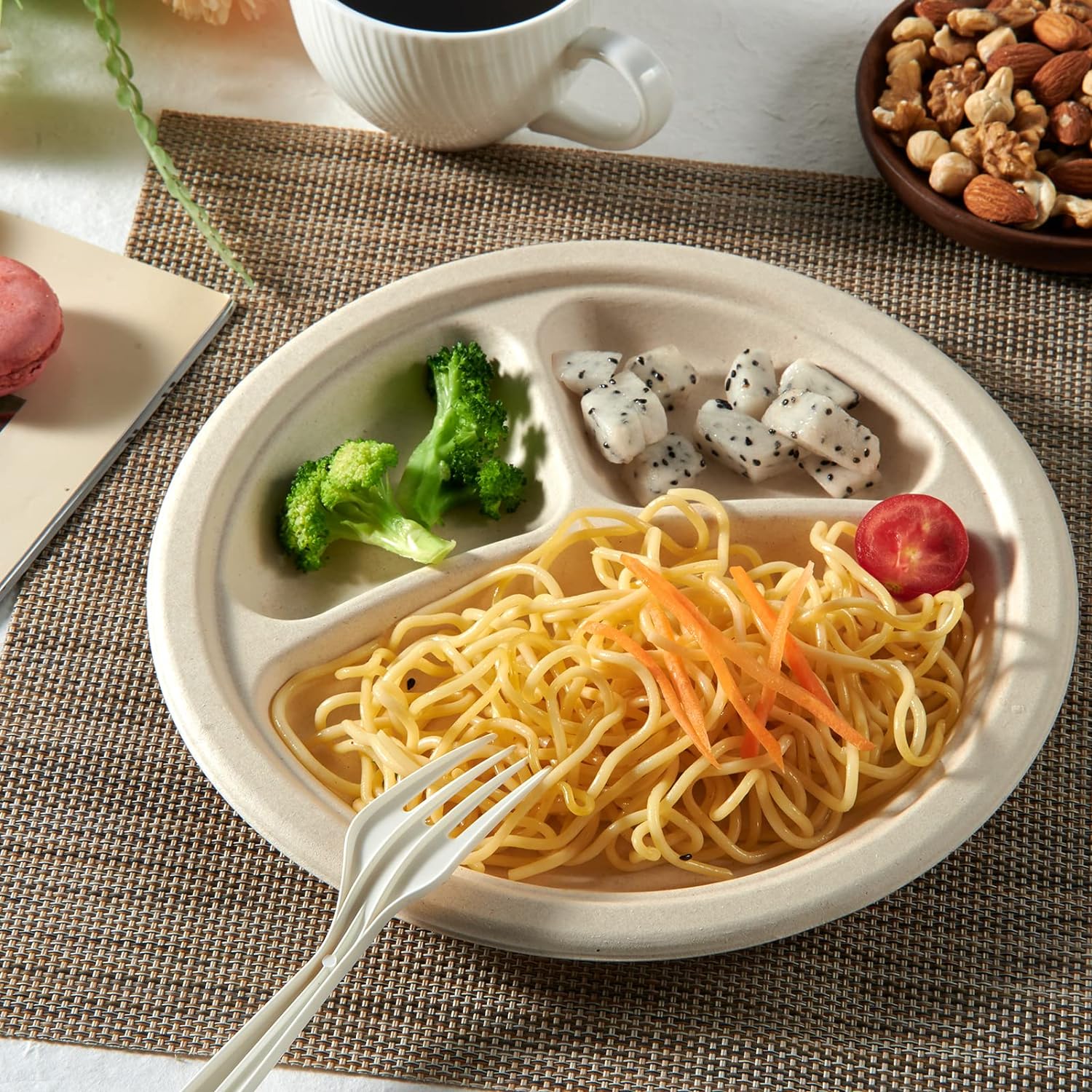 Bagasse Food Plates
Bagasse Food Plates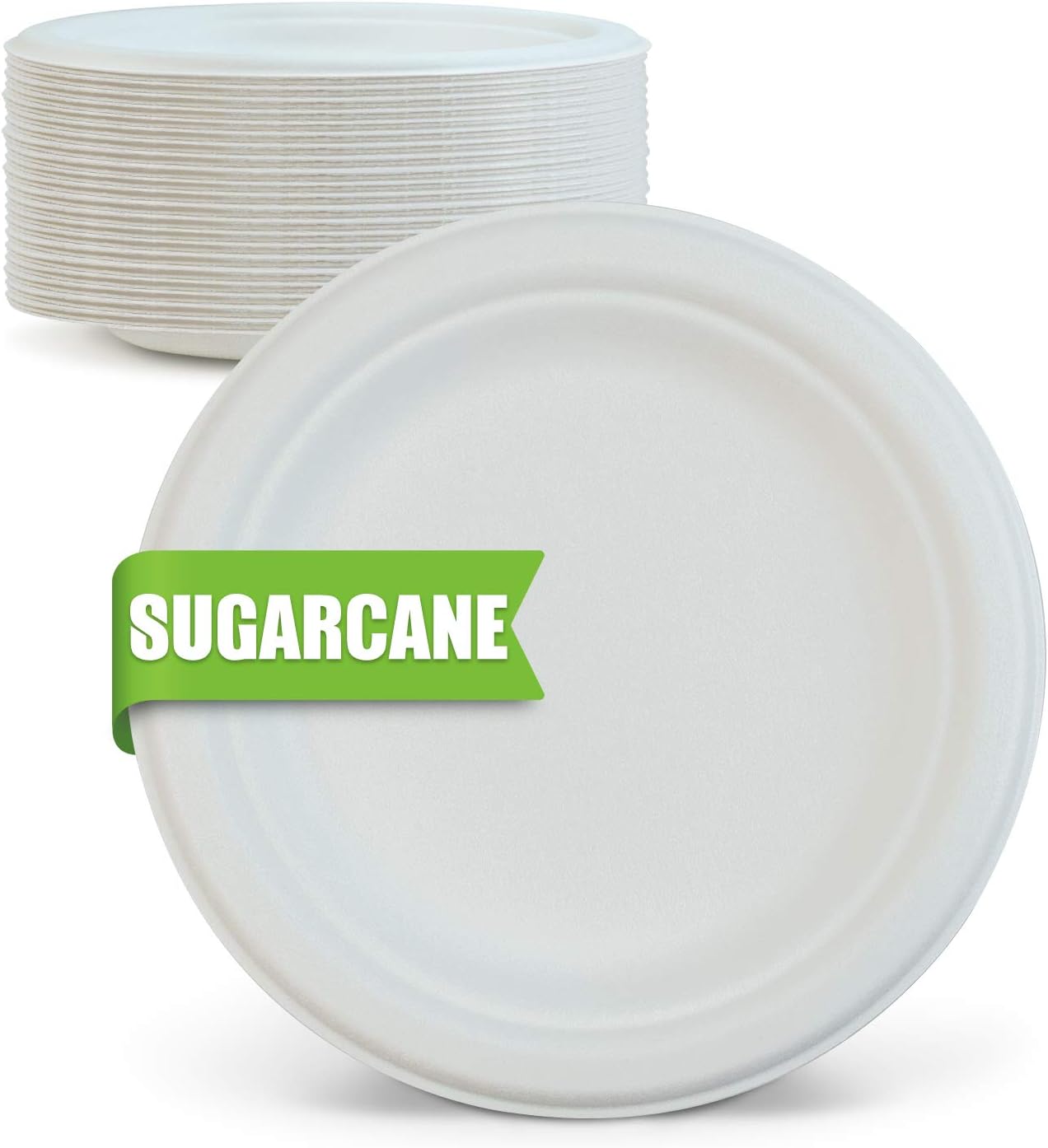 G51-0030A
G51-0030A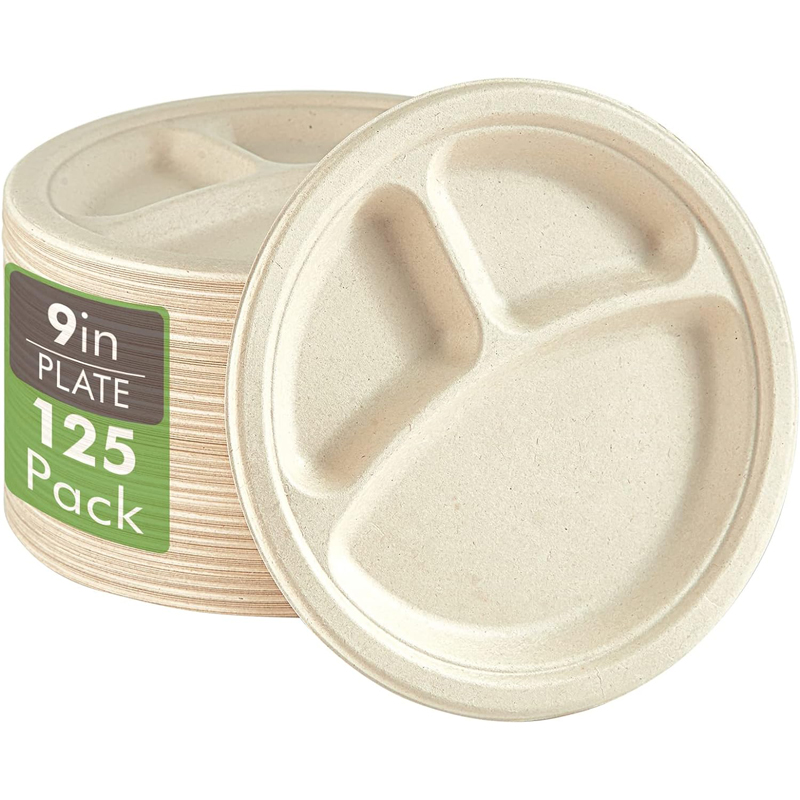 G51-0020A
G51-0020A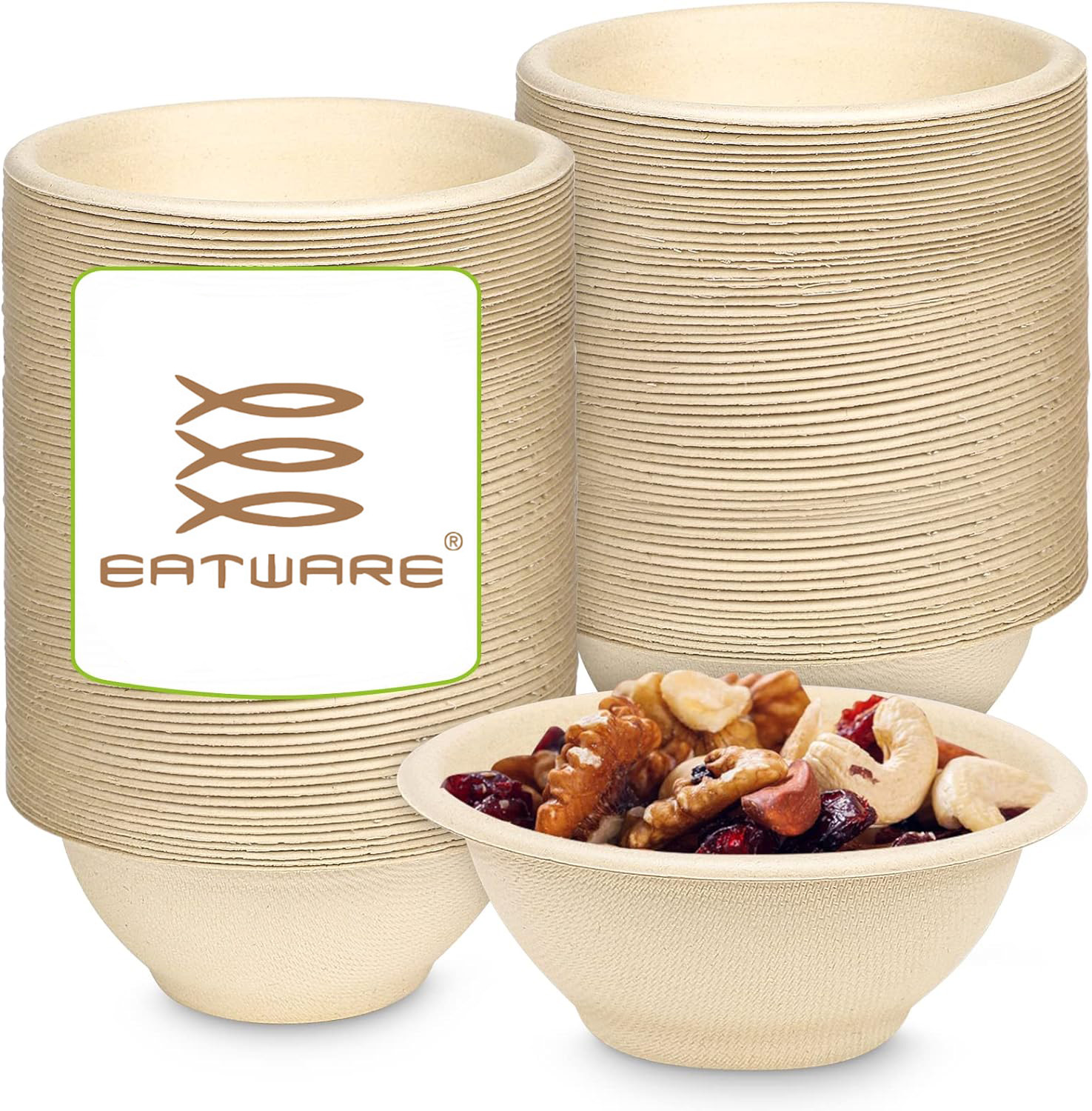 Bagasse Bowls
Bagasse Bowls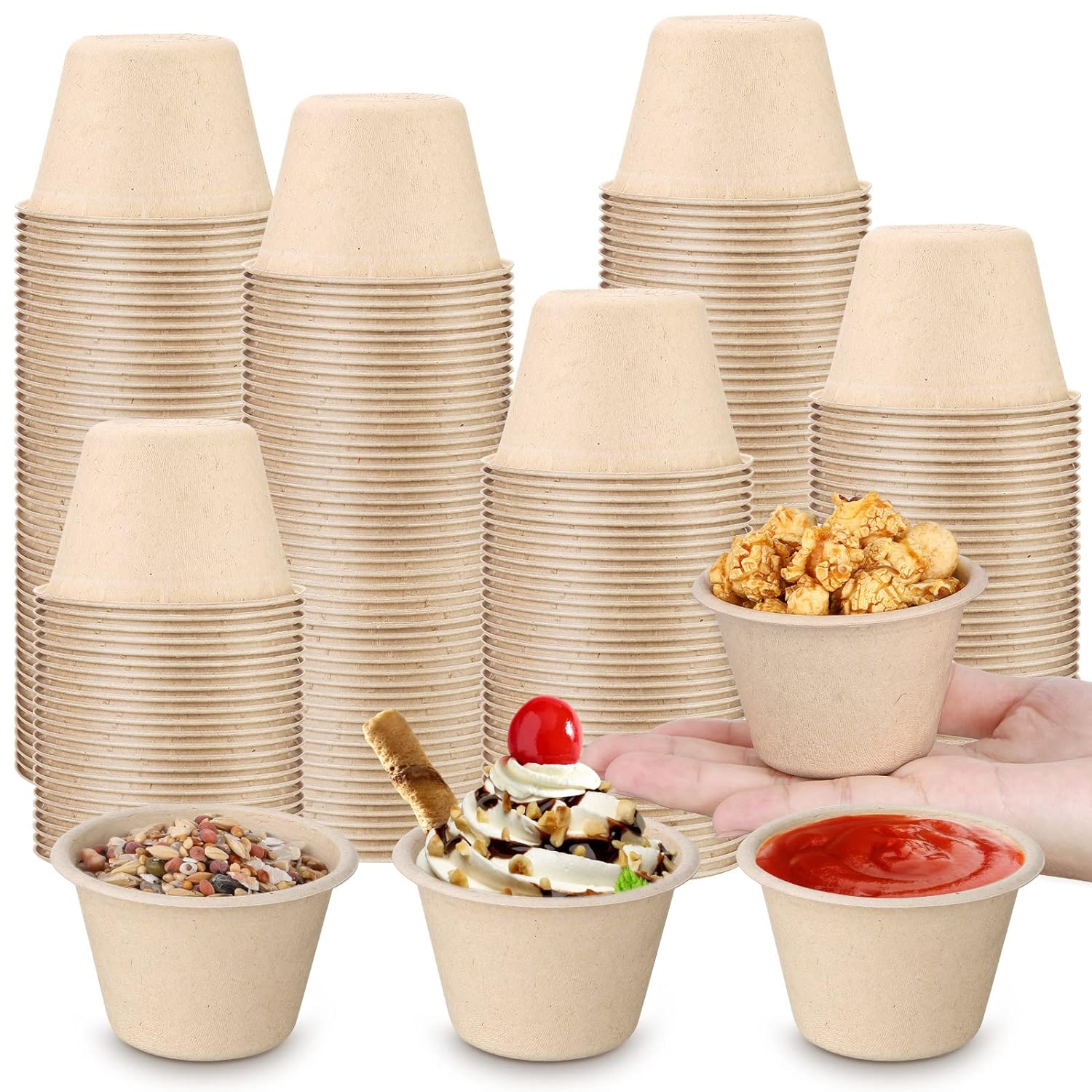 TM-C006
TM-C006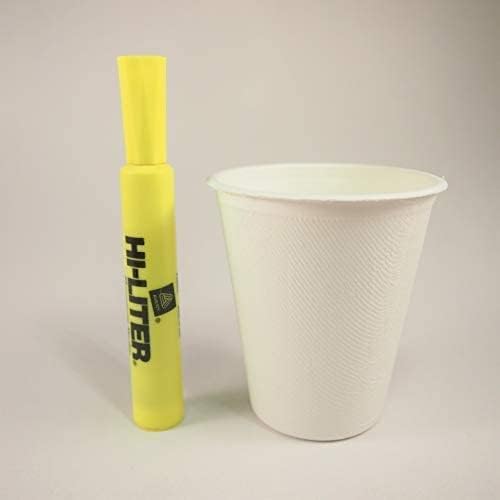 Bagasse Cups And Cutlery
Bagasse Cups And Cutlery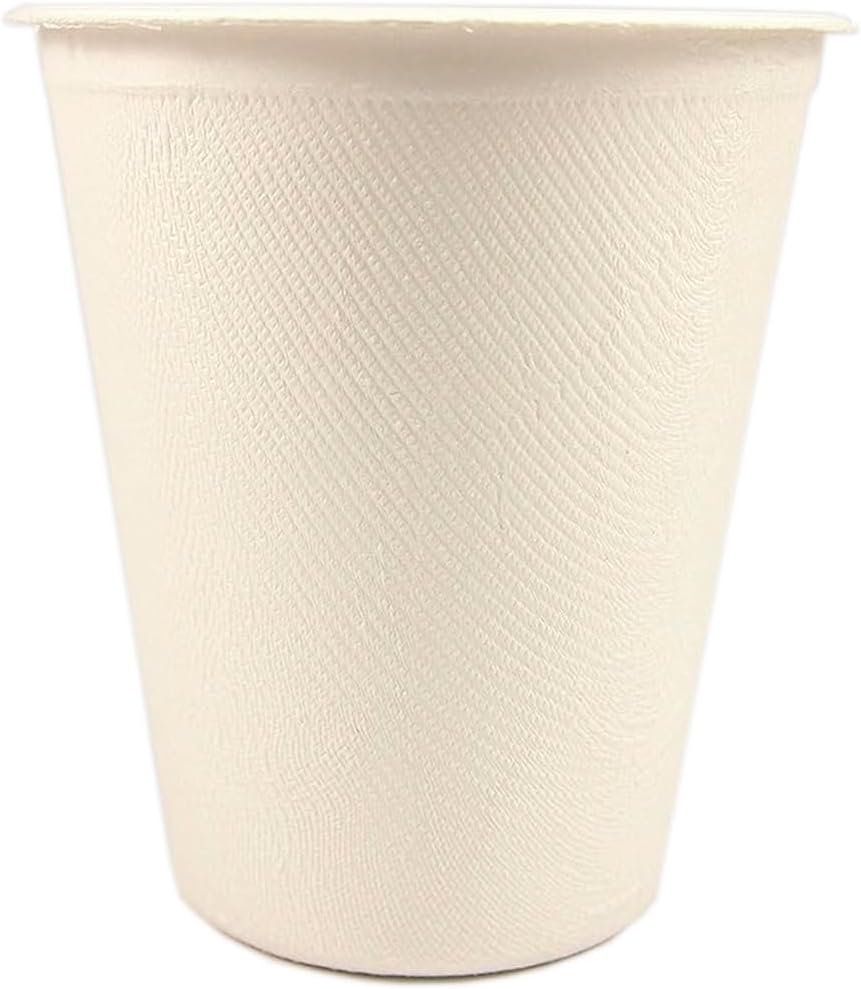 G11-0051A(W)
G11-0051A(W)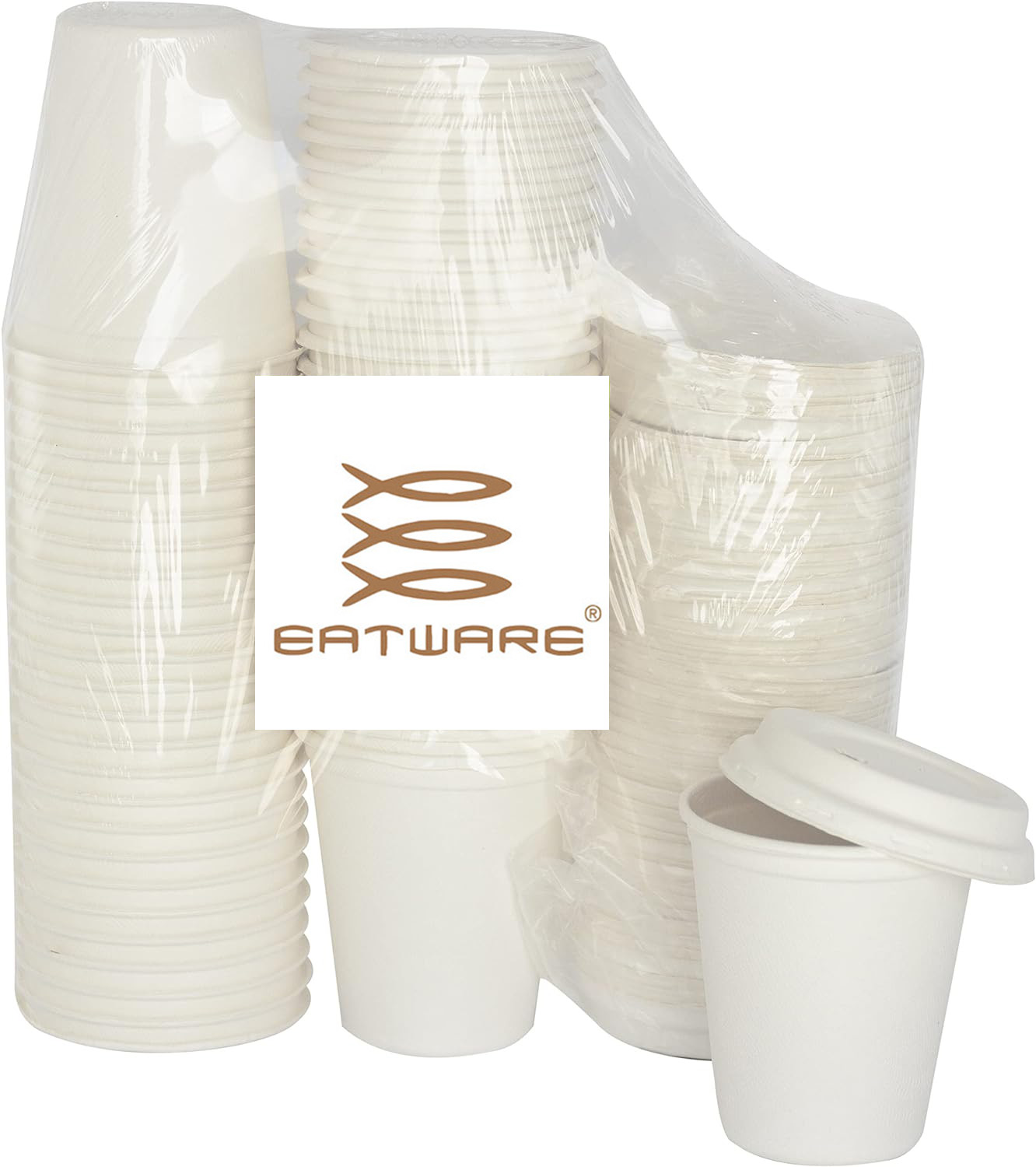 G11-0052A(W)
G11-0052A(W)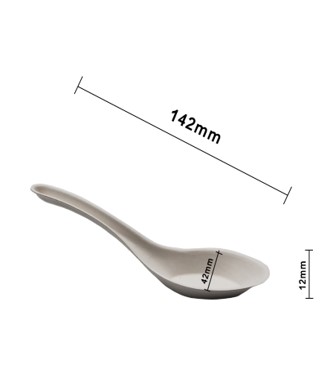 G01-0013D/C/S
G01-0013D/C/S
